As we venture back in time to the heart of the early 20th century, our journey takes us to Richmond, Virginia, in the 1910s. This fascinating decade was marked by significant changes in the social, economic, and cultural fabric of the city.
Industrialization and Urban Development
The 1910s were a time of significant growth for Richmond. The city’s strategic location on the James River made it a hub of industry and commerce. Richmond’s tobacco industry thrived with companies like the American Tobacco Company, leading the way. Simultaneously, the city’s ironworks and textile mills expanded their operations, contributing to the city’s economic growth and increasing job opportunities.
The urban landscape of Richmond also underwent substantial changes during this time. The city continued to expand beyond its original boundaries, with new neighborhoods popping up on the outskirts. One key development was the opening of Broad Street Station in 1919, which would later become the Science Museum of Virginia. This state-of-the-art transportation hub symbolized the city’s progress and growth.
Social Movements
The 1910s were not just about economic and urban development, though. It was a crucial decade for social change, with Richmond at the center of two significant movements. The women’s suffrage movement had a strong presence in the city, with organizations like the Equal Suffrage League of Virginia leading the charge. Richmond women fought tirelessly for the right to vote, a battle that would eventually lead to the passage of the 19th Amendment in 1920.
In addition to women’s suffrage, Richmond also witnessed the early stirrings of the Civil Rights Movement. In 1911, William Washington Browne’s True Reformers’ Hall collapsed, resulting in the deaths of several African American community members. This tragic event sparked a series of lawsuits and protests, highlighting racial inequalities and setting the stage for the Civil Rights struggle that would intensify in the decades to come.
Culture and Entertainment
Richmond’s cultural scene also experienced significant changes during the 1910s. One noteworthy development was the growth of the movie industry. The silent film era was taking off nationwide, and Richmond was no exception. The city was home to several early movie theaters, including the Strand and the Colonial, which offered residents a new form of entertainment.
Virginia Union University’s Pivotal Role
Virginia Union University, a historically black university, was an institution of critical importance during the 1910s. It served as a beacon of hope and a source of empowerment for the African American community in an era marked by racial segregation. The university provided much-needed educational opportunities, and its graduates went on to become influential leaders, helping to challenge and change the status quo. The university’s faculty, many of whom were leaders within the African American community, played a crucial role in the early Civil Rights Movement, using their platform to promote social and racial equality.
The Impact of the Great Fire of 1911
In 1911, a devastating fire tore through Richmond, beginning at the Robertson-Taylor Company, a warehouse in the Shockoe Slip district. The fire spread rapidly, resulting in significant damage and a significant loss of property. Despite the destruction, the people of Richmond displayed remarkable resilience. Citizens and businesses alike rallied to rebuild their city. The fire resulted in stricter safety regulations and changes in city planning and architecture, contributing to the unique landscape of Richmond today.
Richmond and the 1918 Influenza Pandemic
The Spanish Influenza pandemic of 1918 was a global health crisis, and Richmond was no exception. The city was hit hard, with thousands falling ill and many lives lost. However, in the face of adversity, the community rallied together. Hospitals, such as the Virginia Hospital and St. Luke’s Hospital, worked tirelessly to treat the afflicted. Public health initiatives were launched, and a city-wide response helped to mitigate the effects of the pandemic. The crisis highlighted the importance of public health and led to the development of stronger healthcare systems in the city.
Here are some fascinating historical photos that will take you back to the 1910s in Richmond, Virginia.


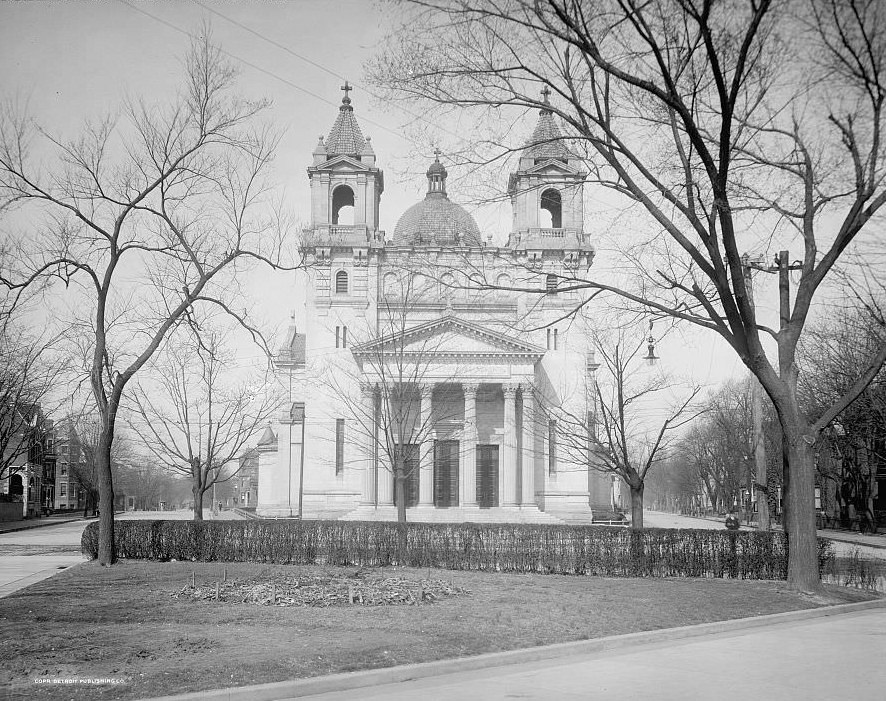
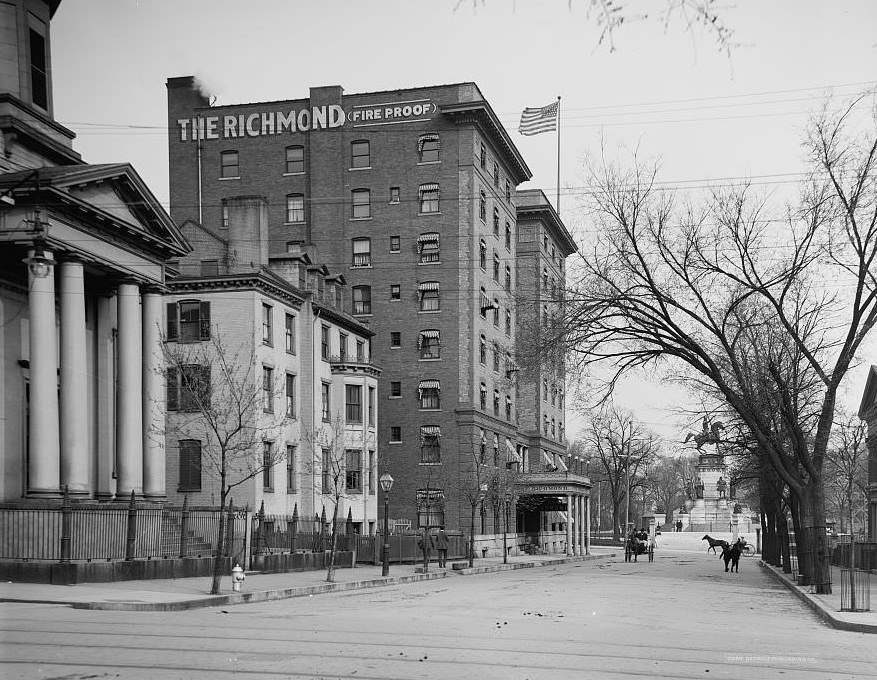
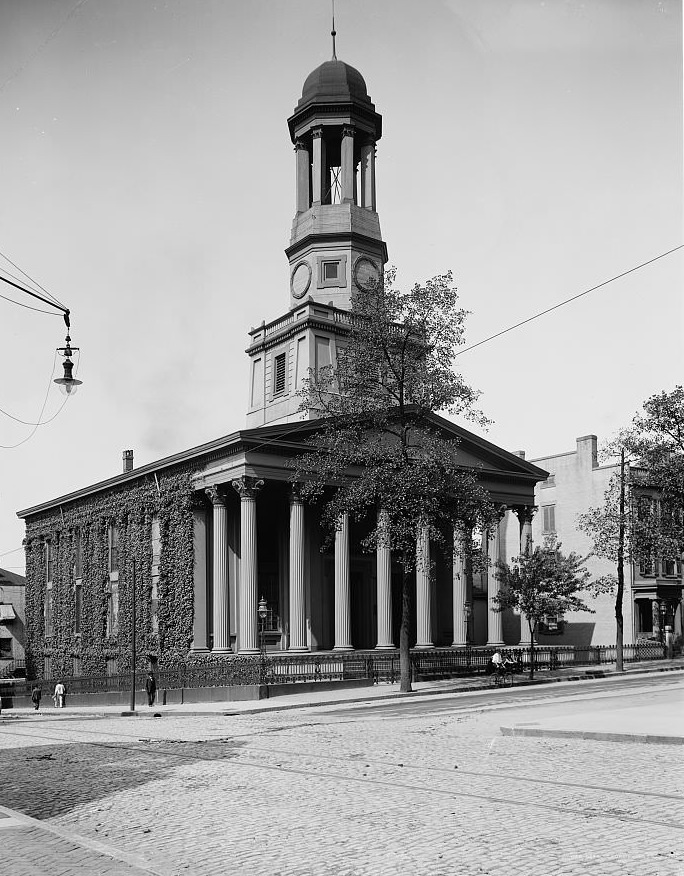
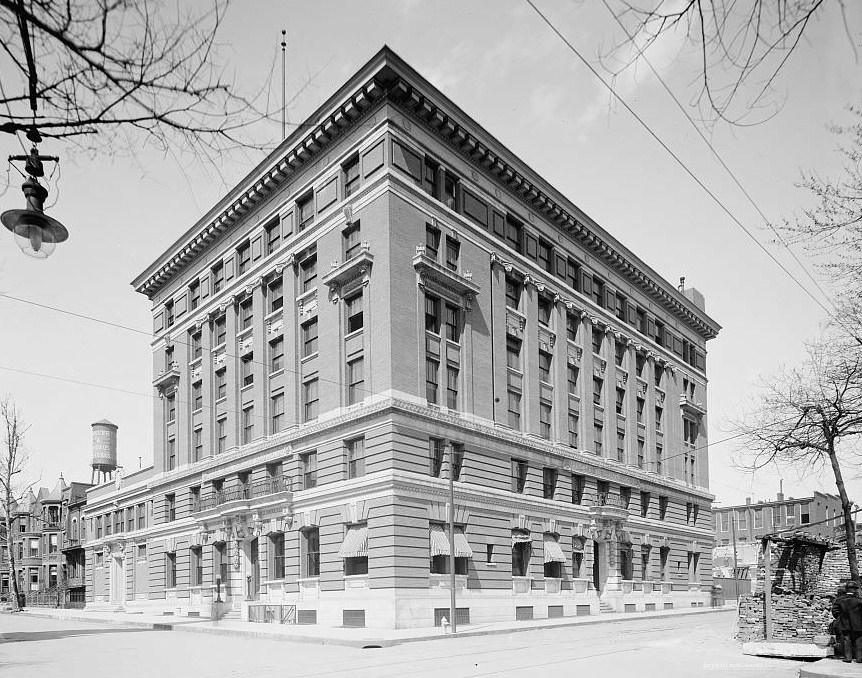
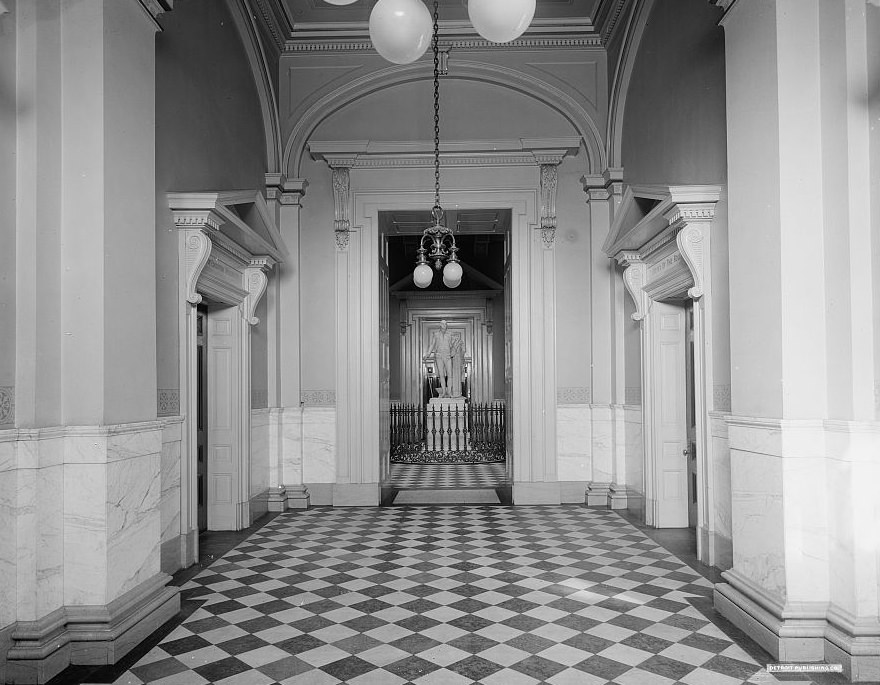
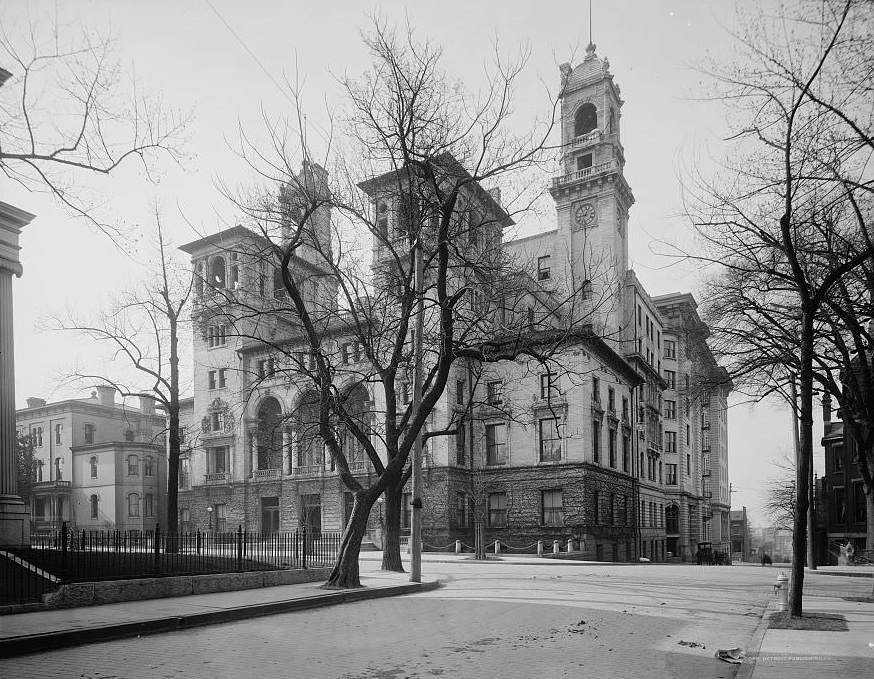
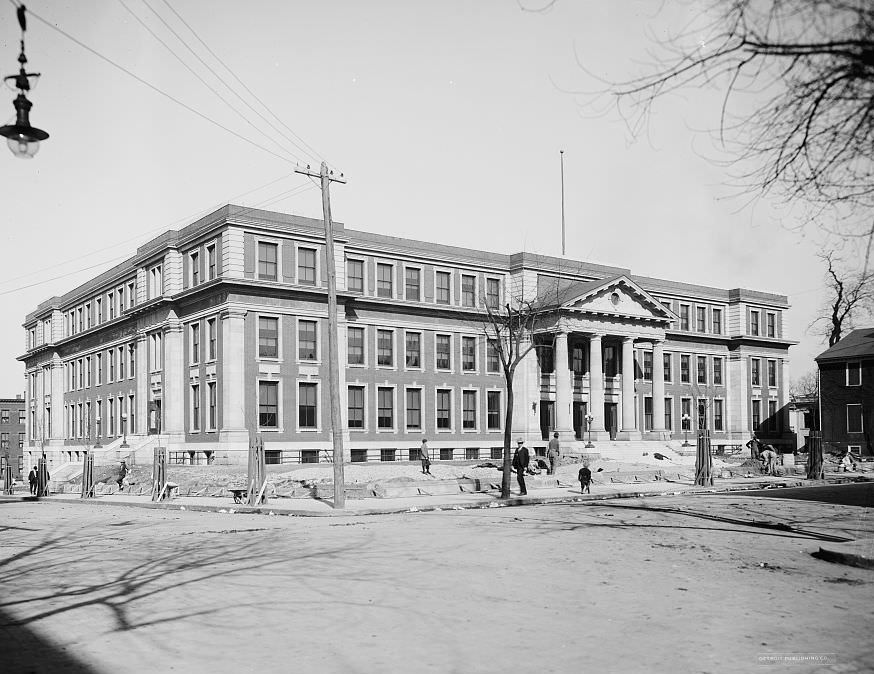
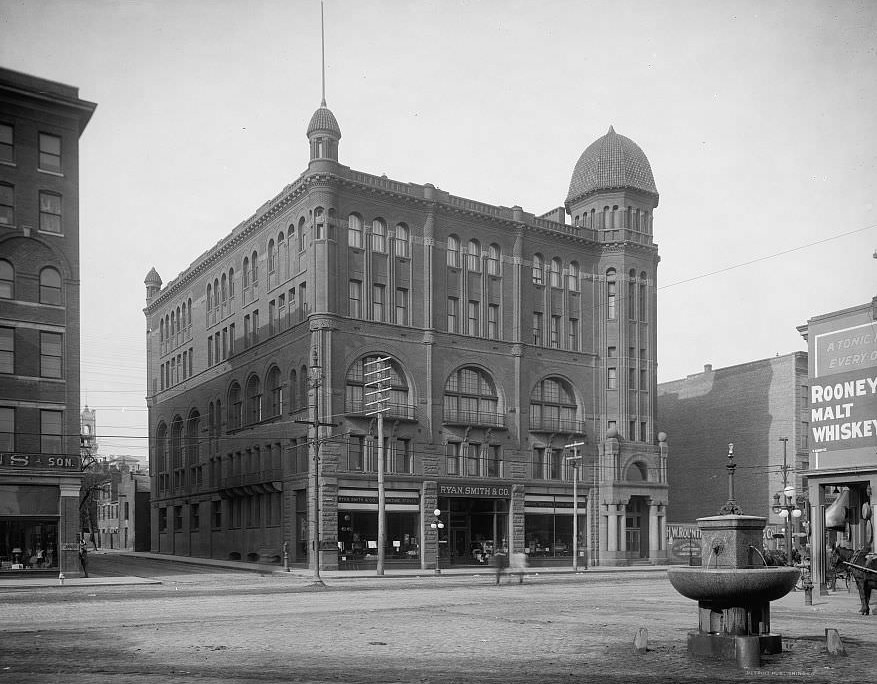
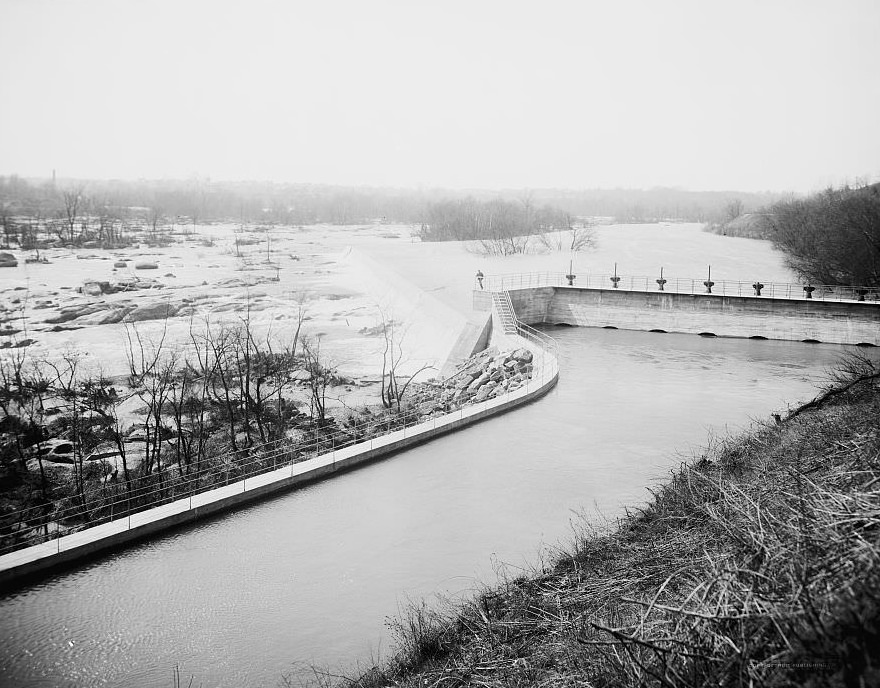
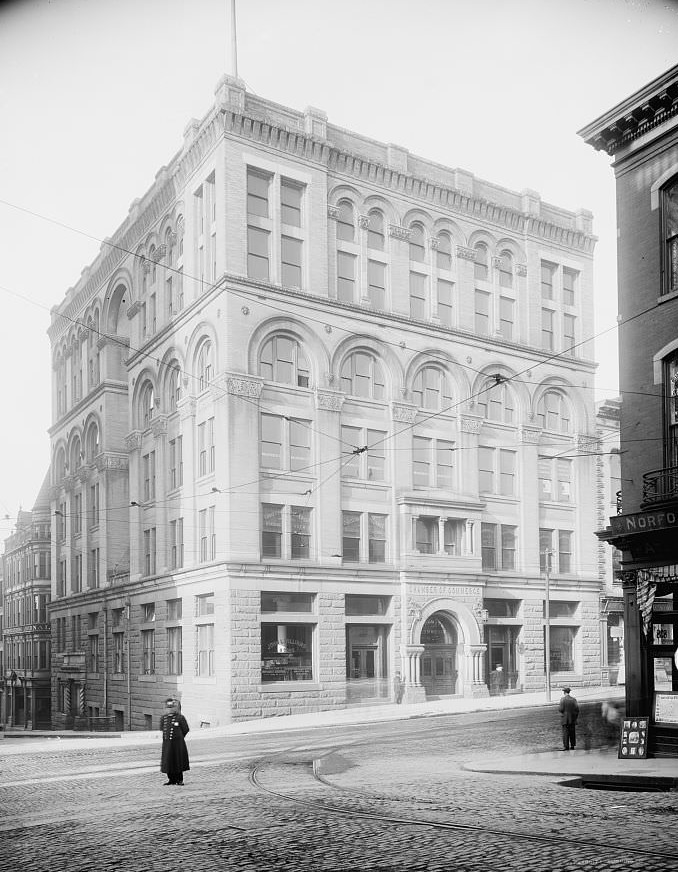
![Union [i.e. Main Street] Station, Richmond, 1910s](https://www.bygonely.com/wp-content/uploads/2023/07/Richmond_1910s_13.jpg)
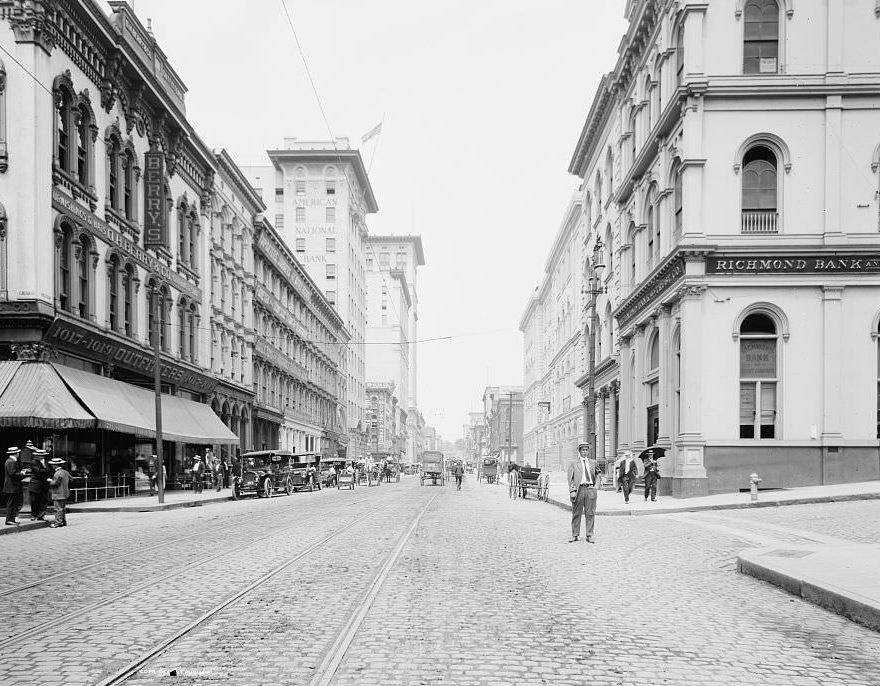
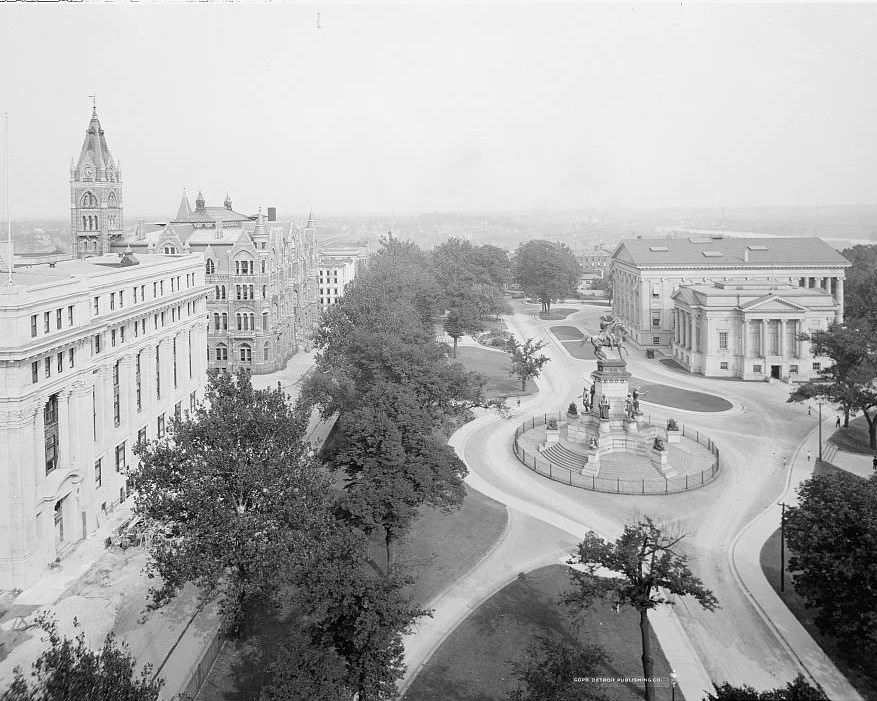
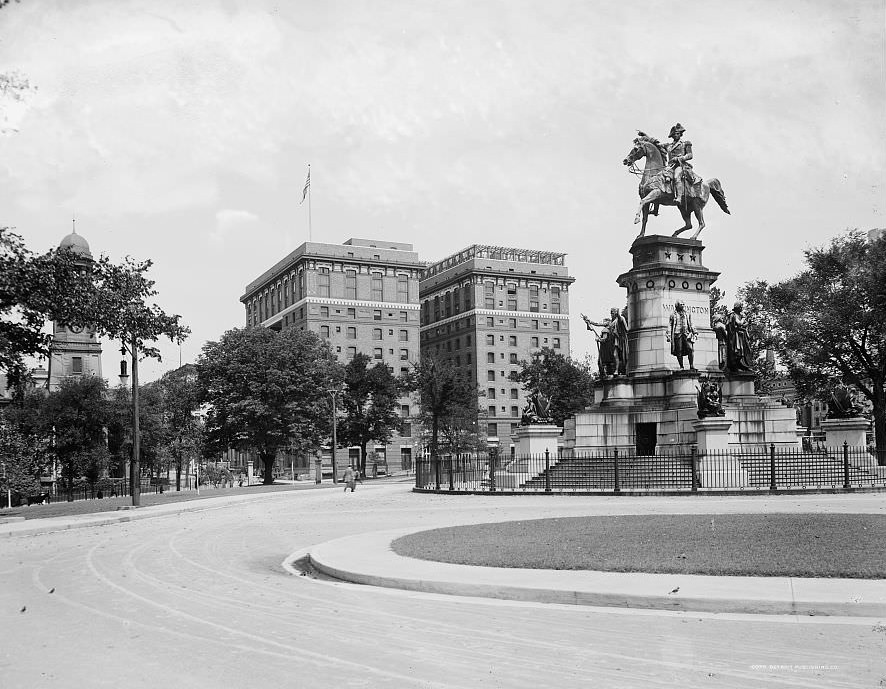
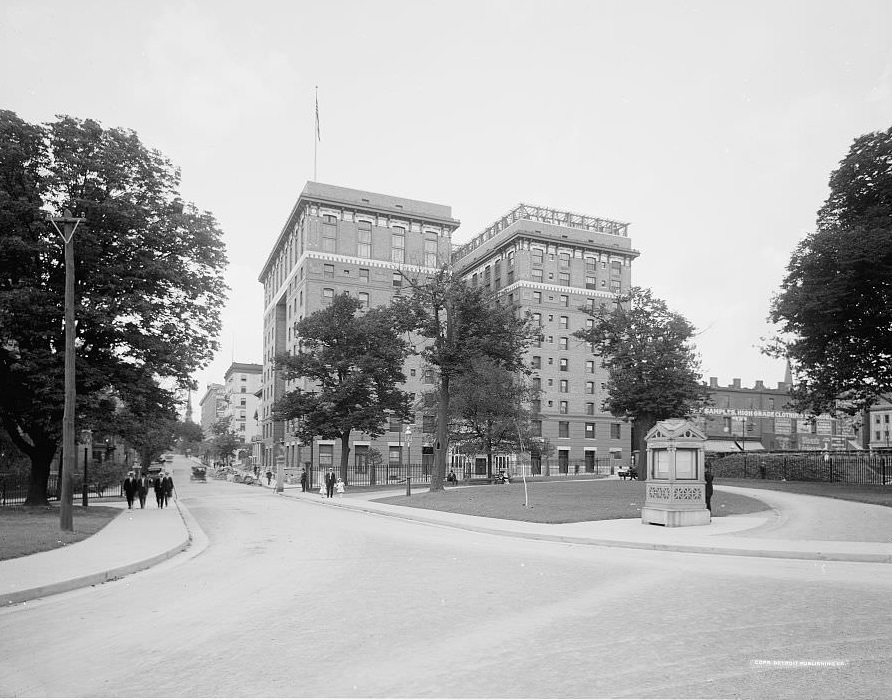
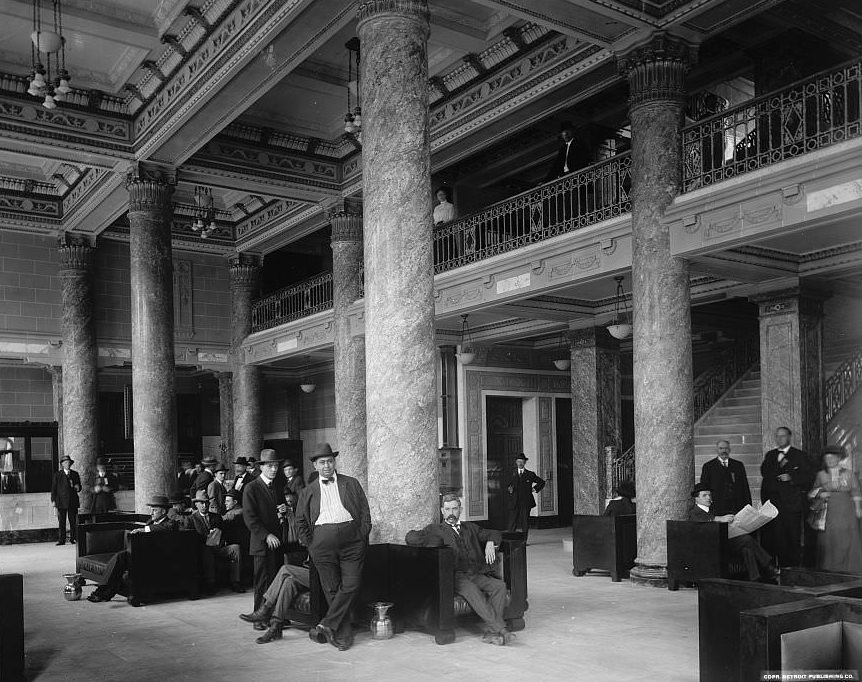
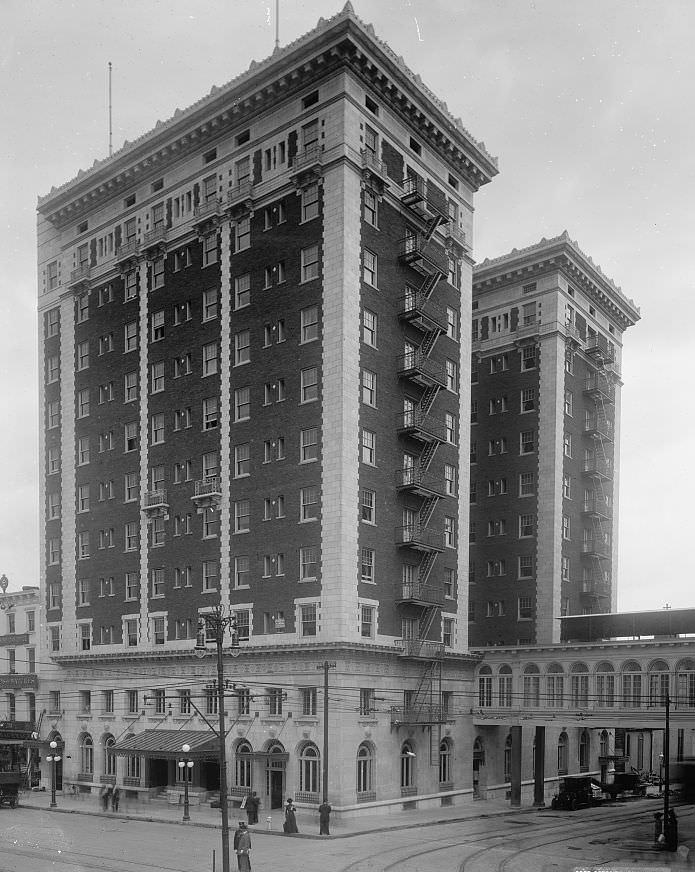
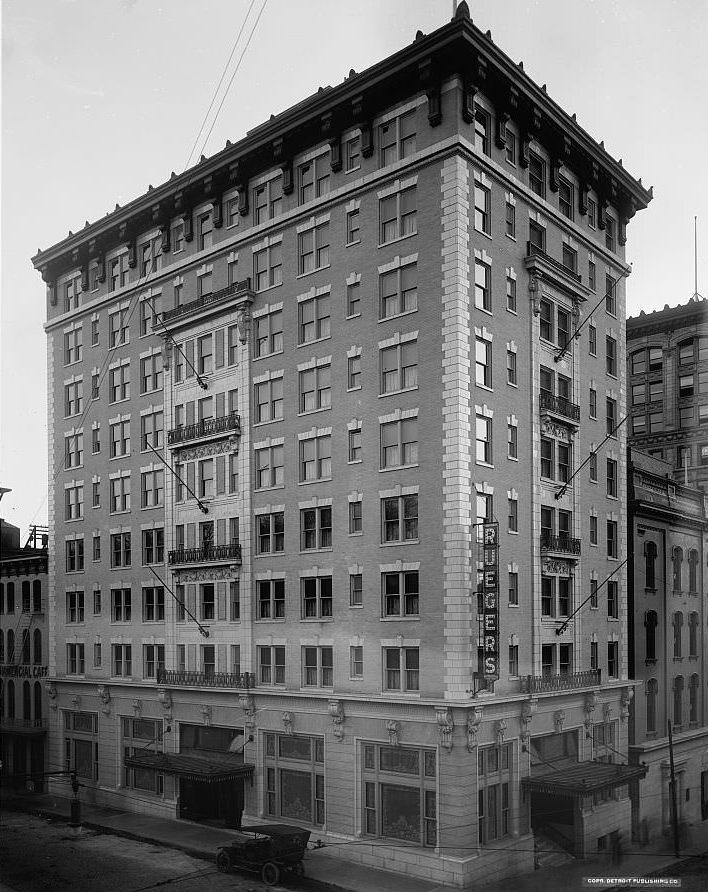
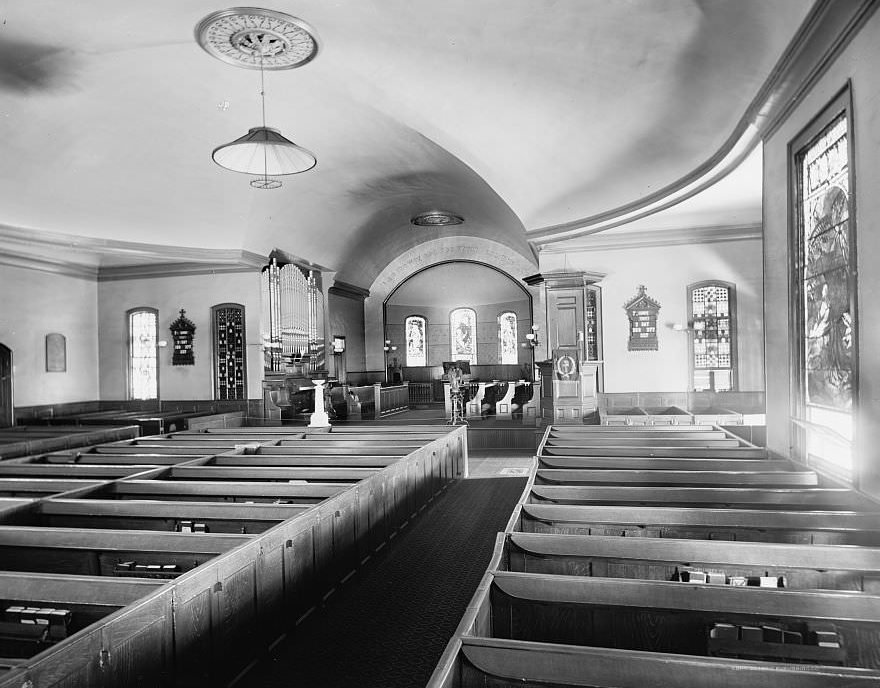
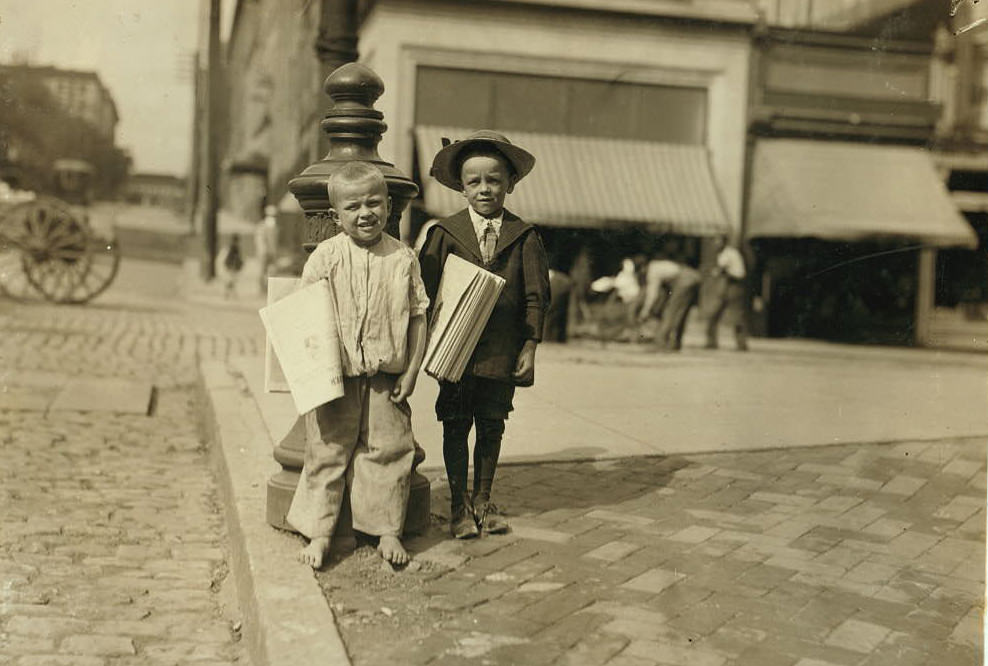
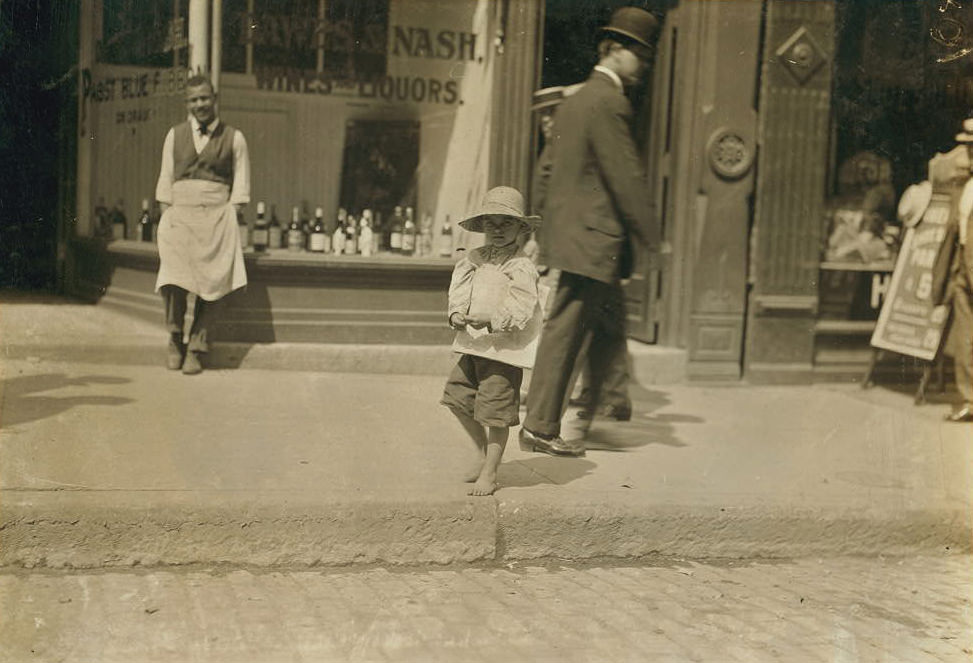
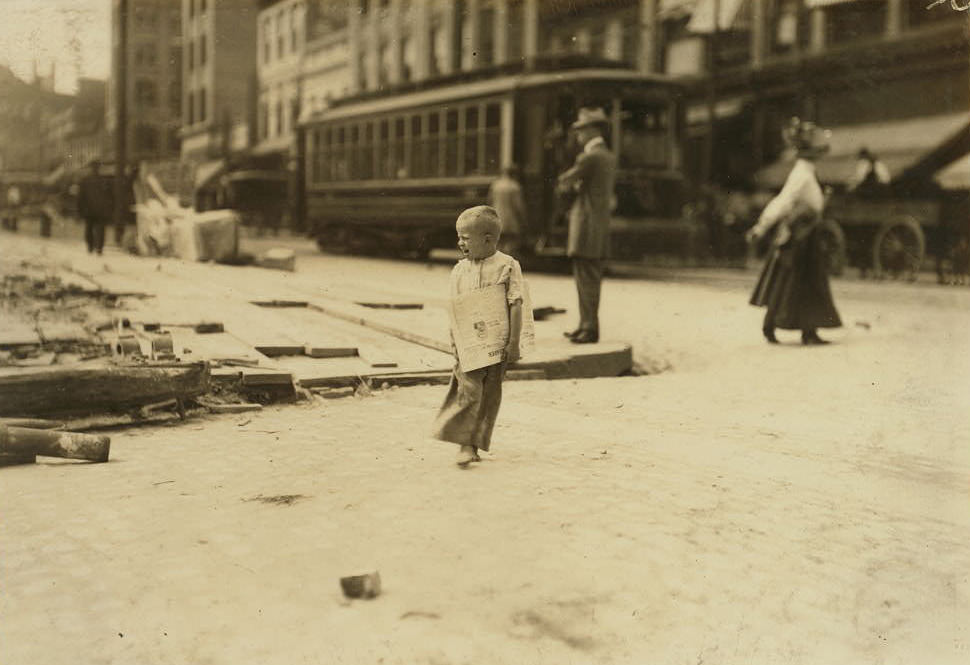
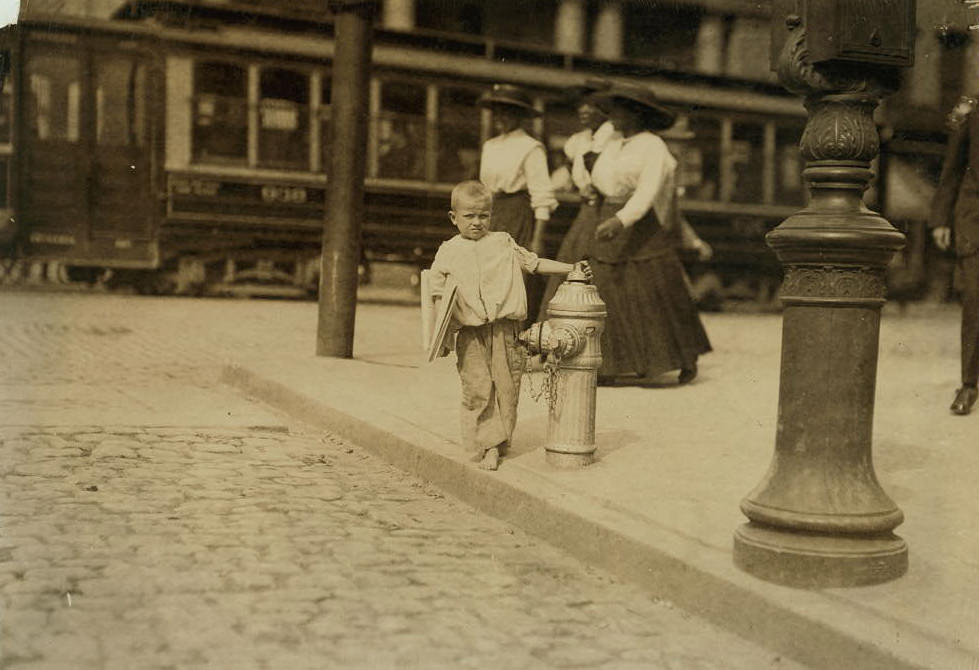
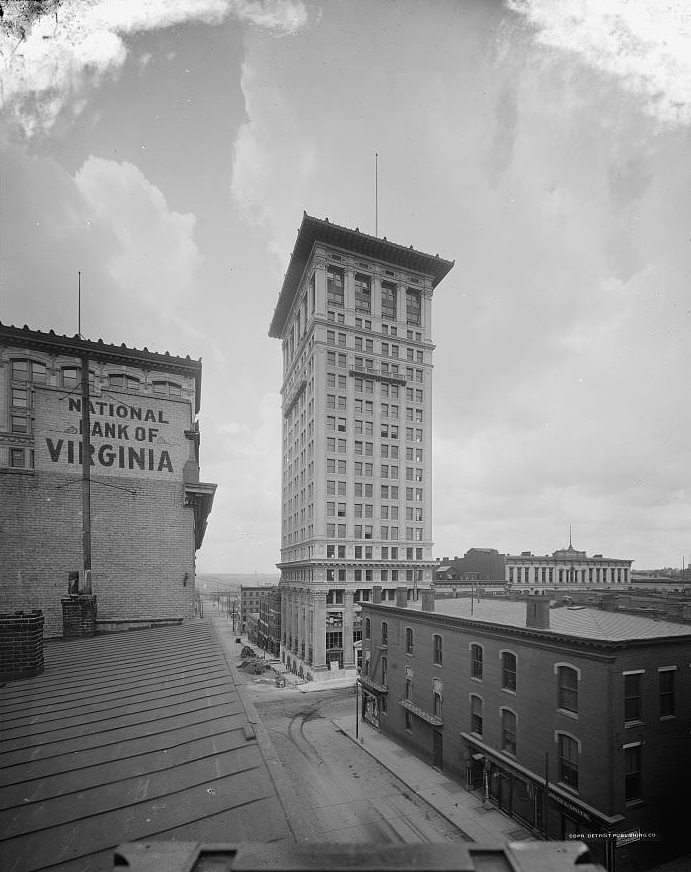
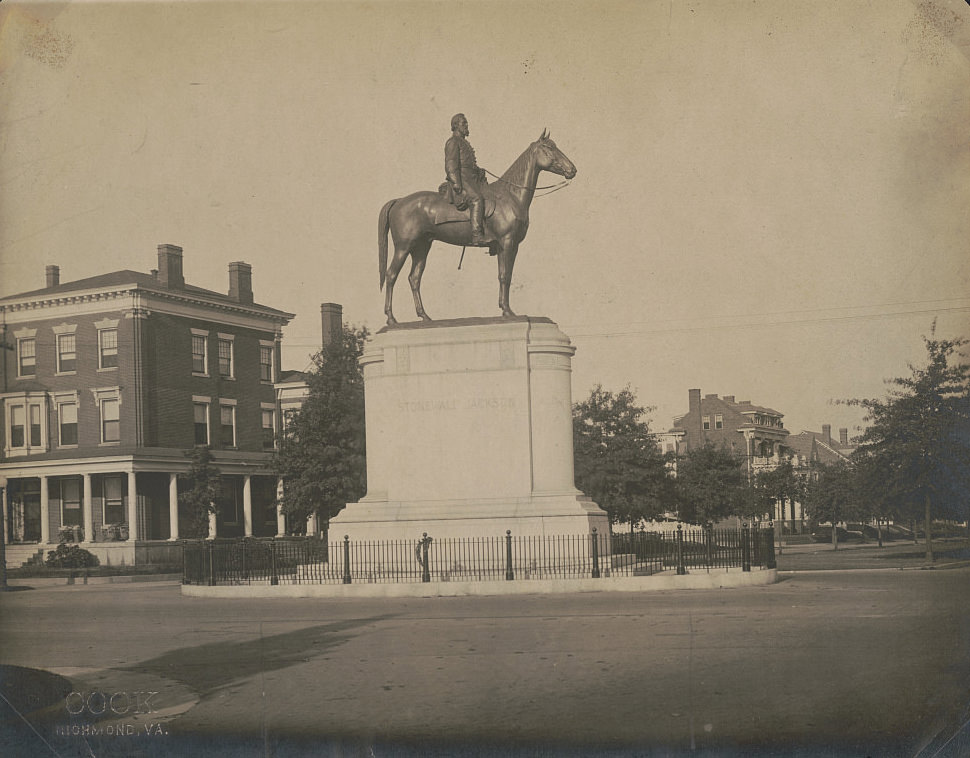
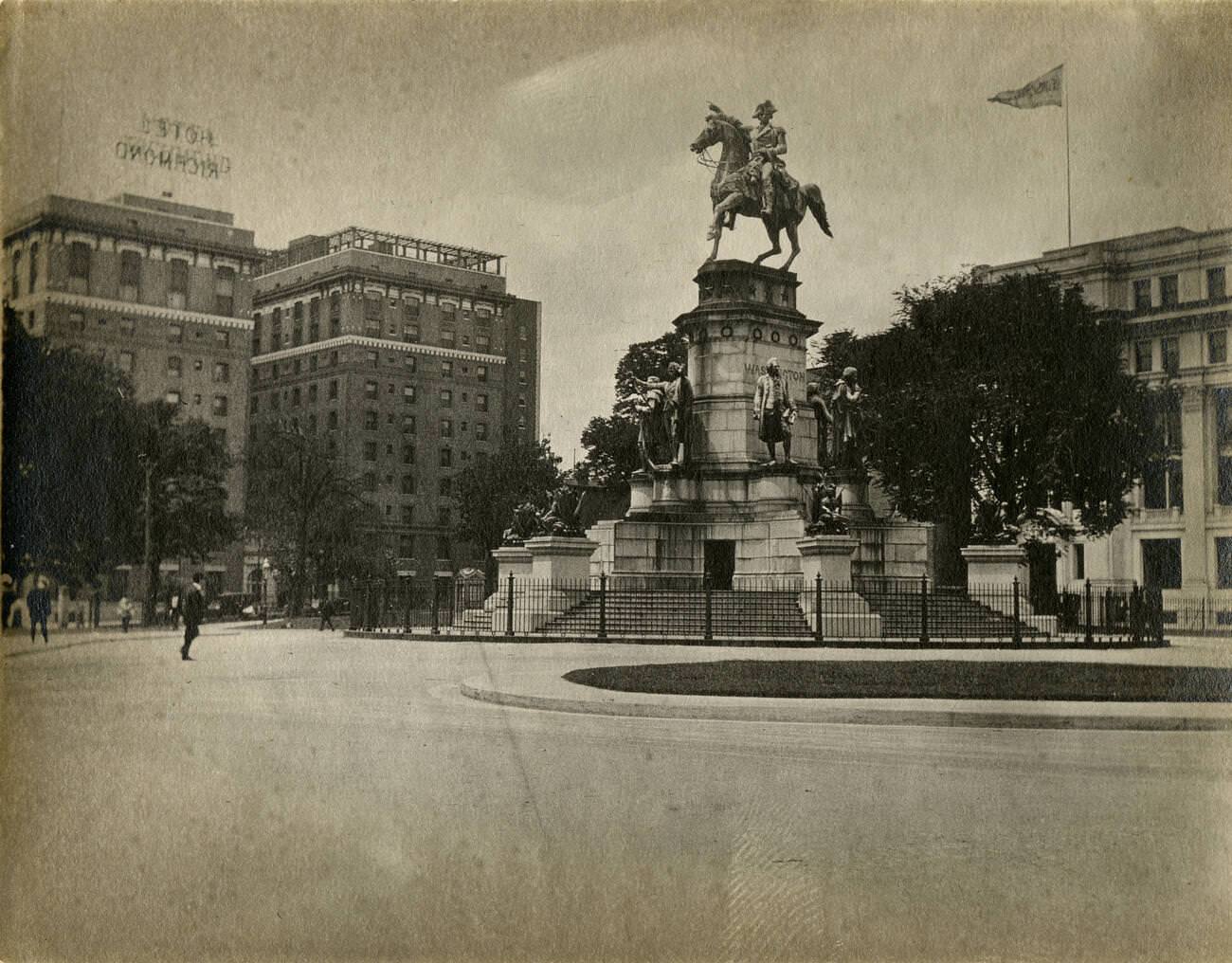
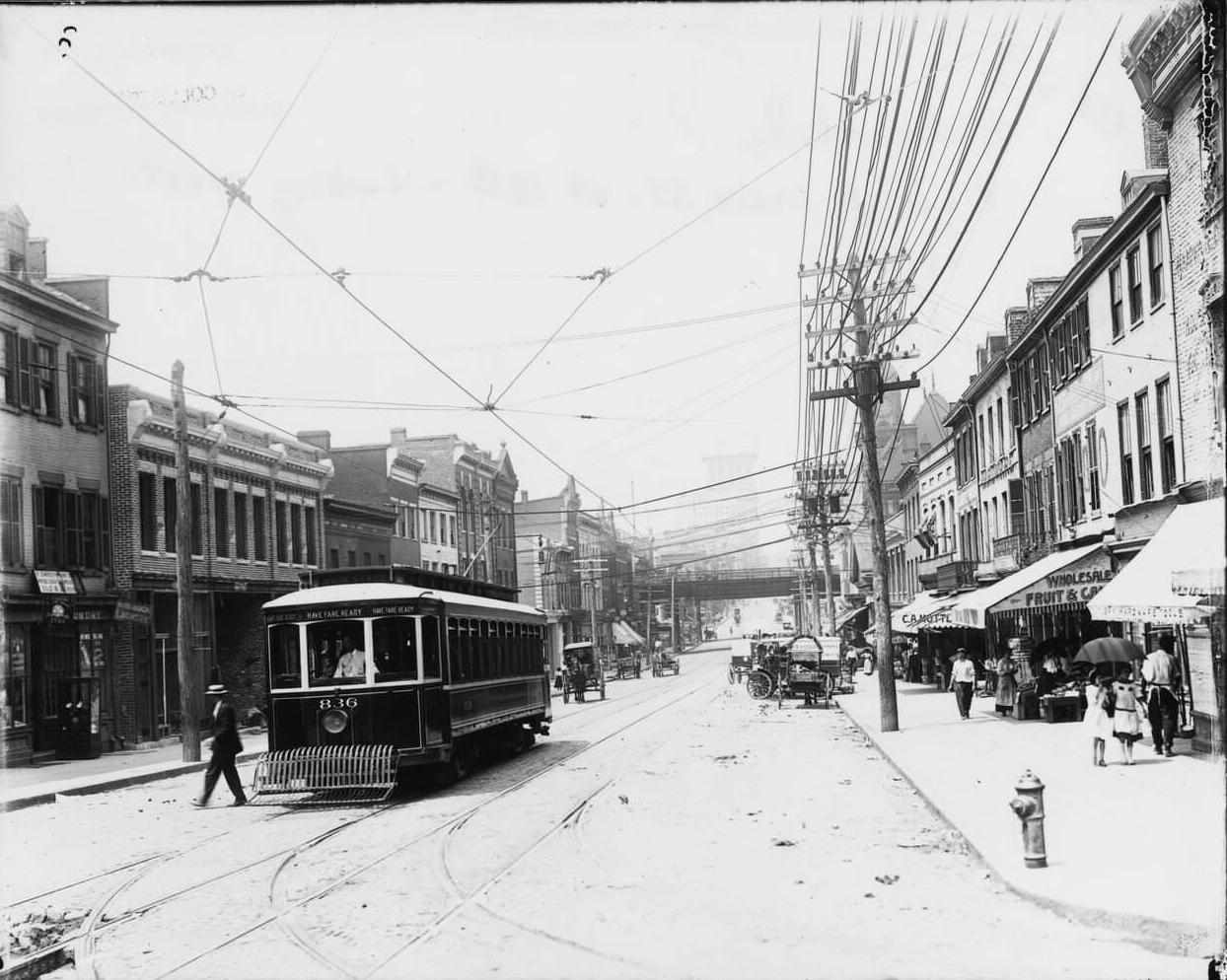
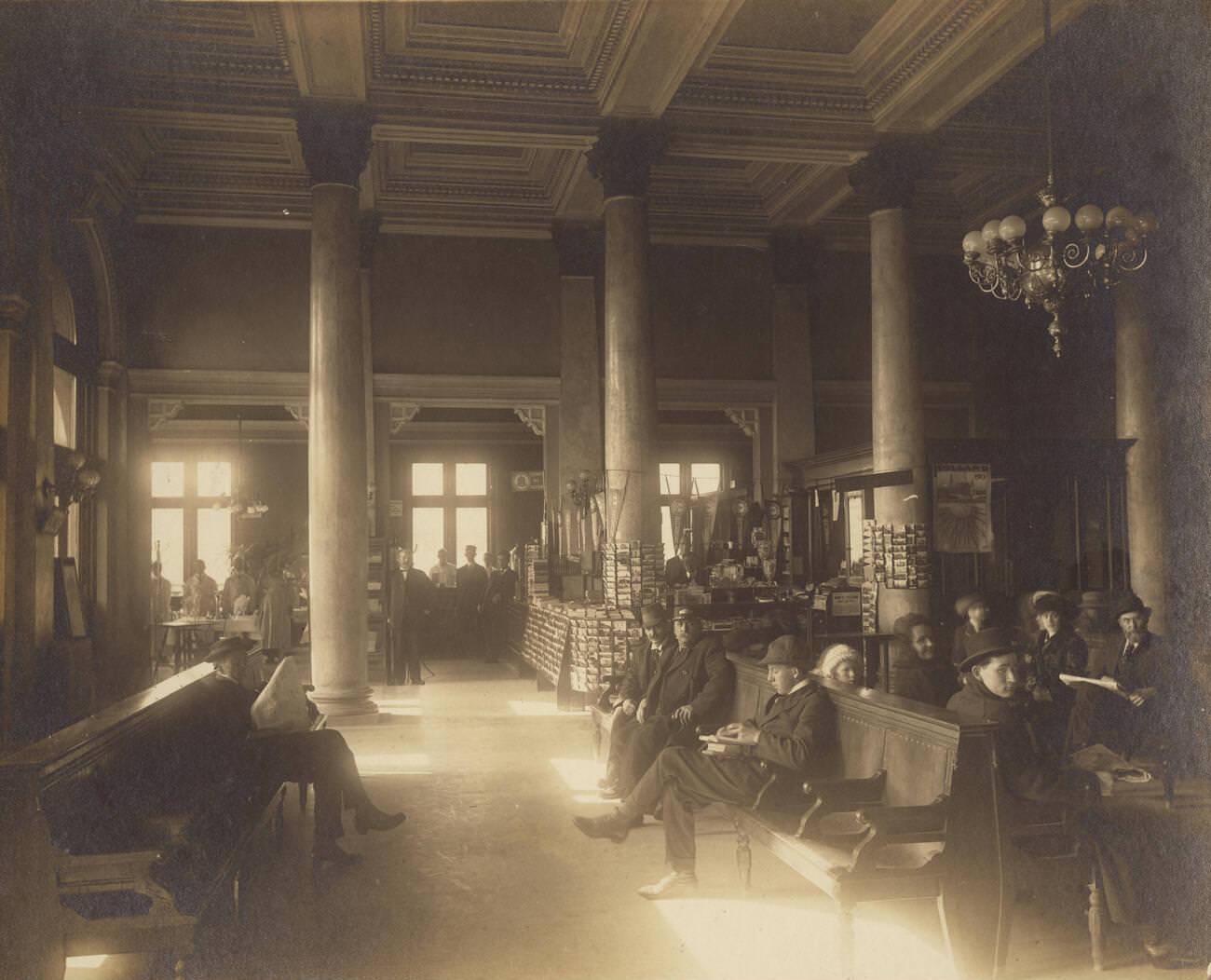
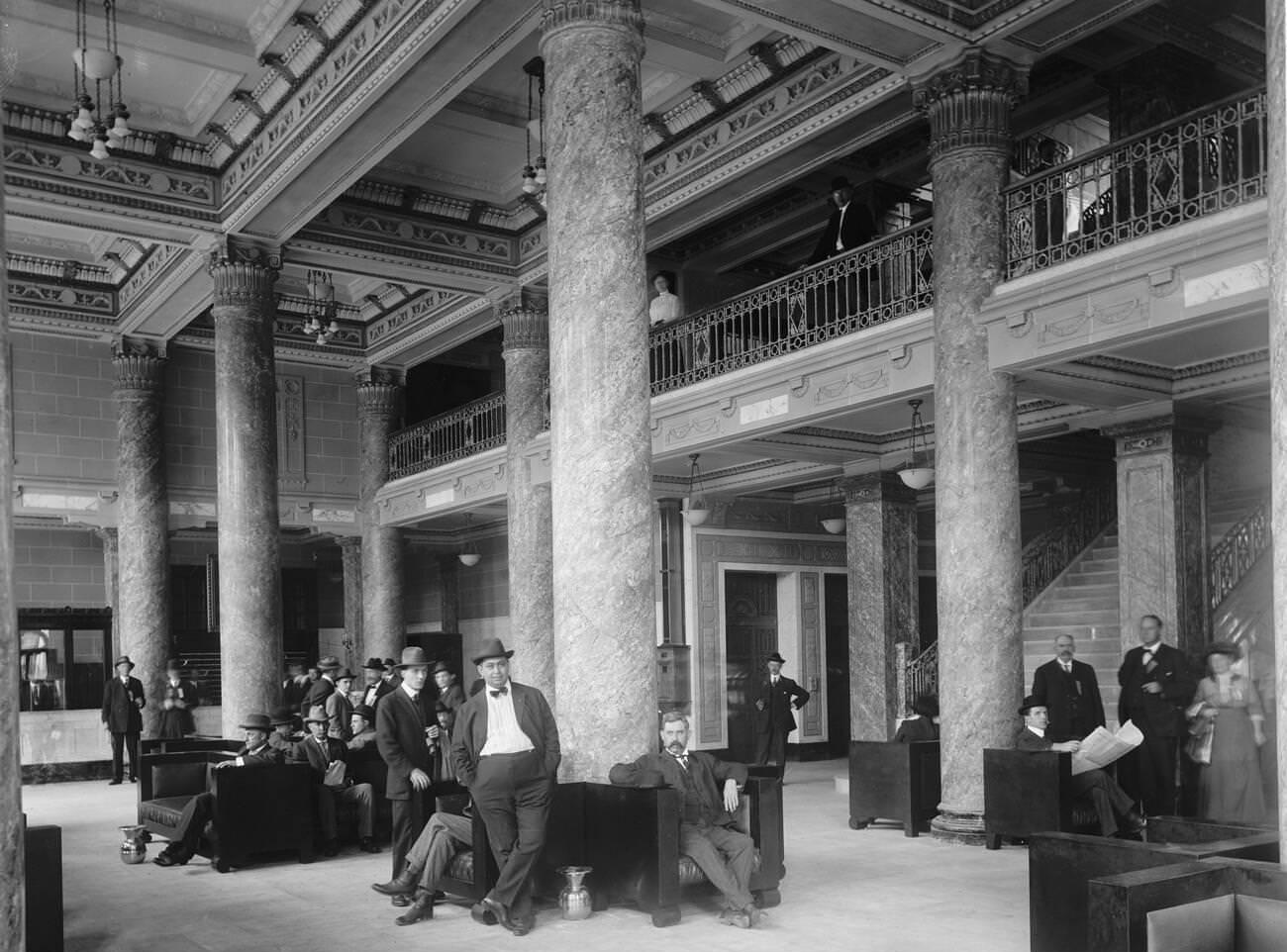
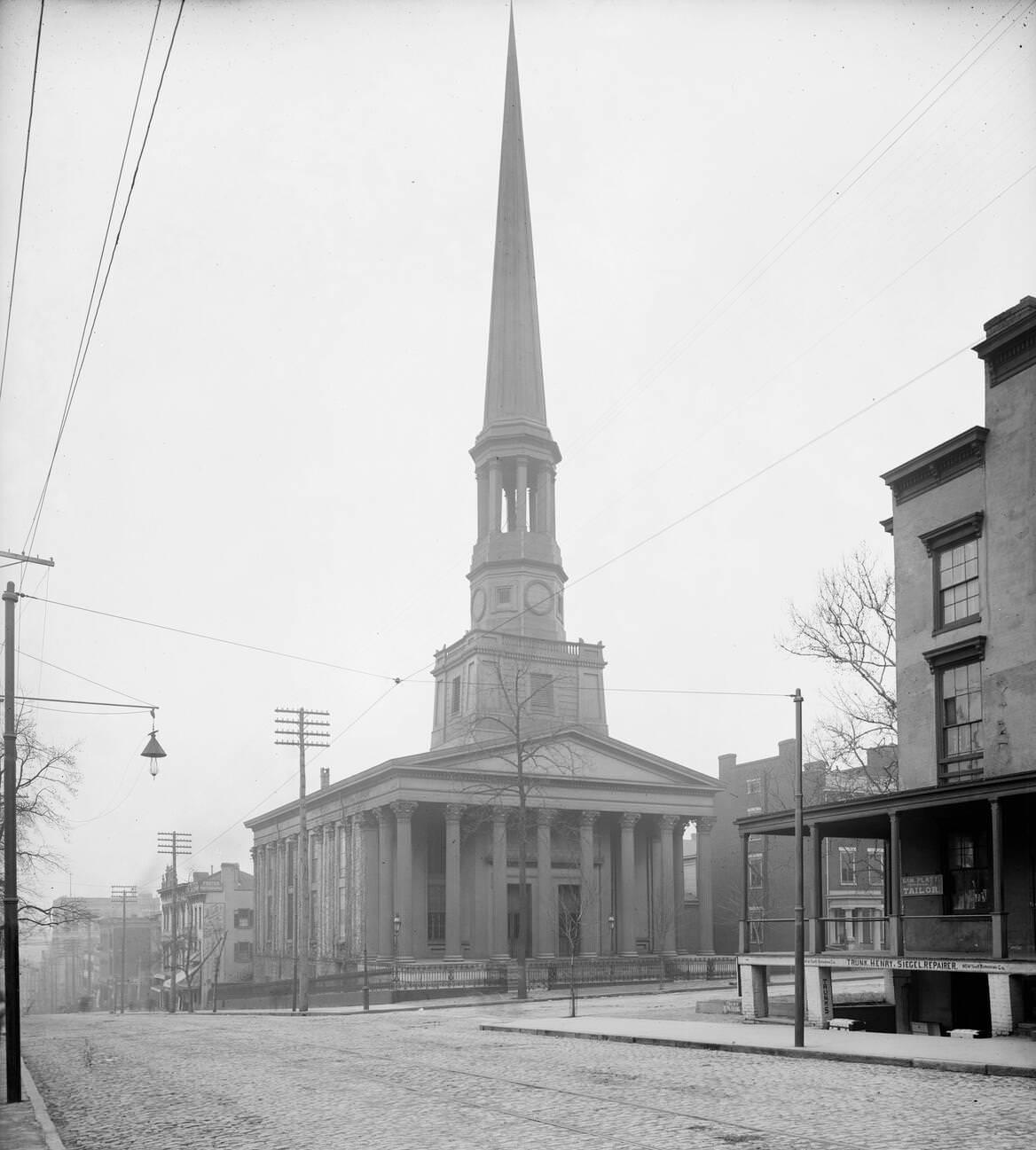
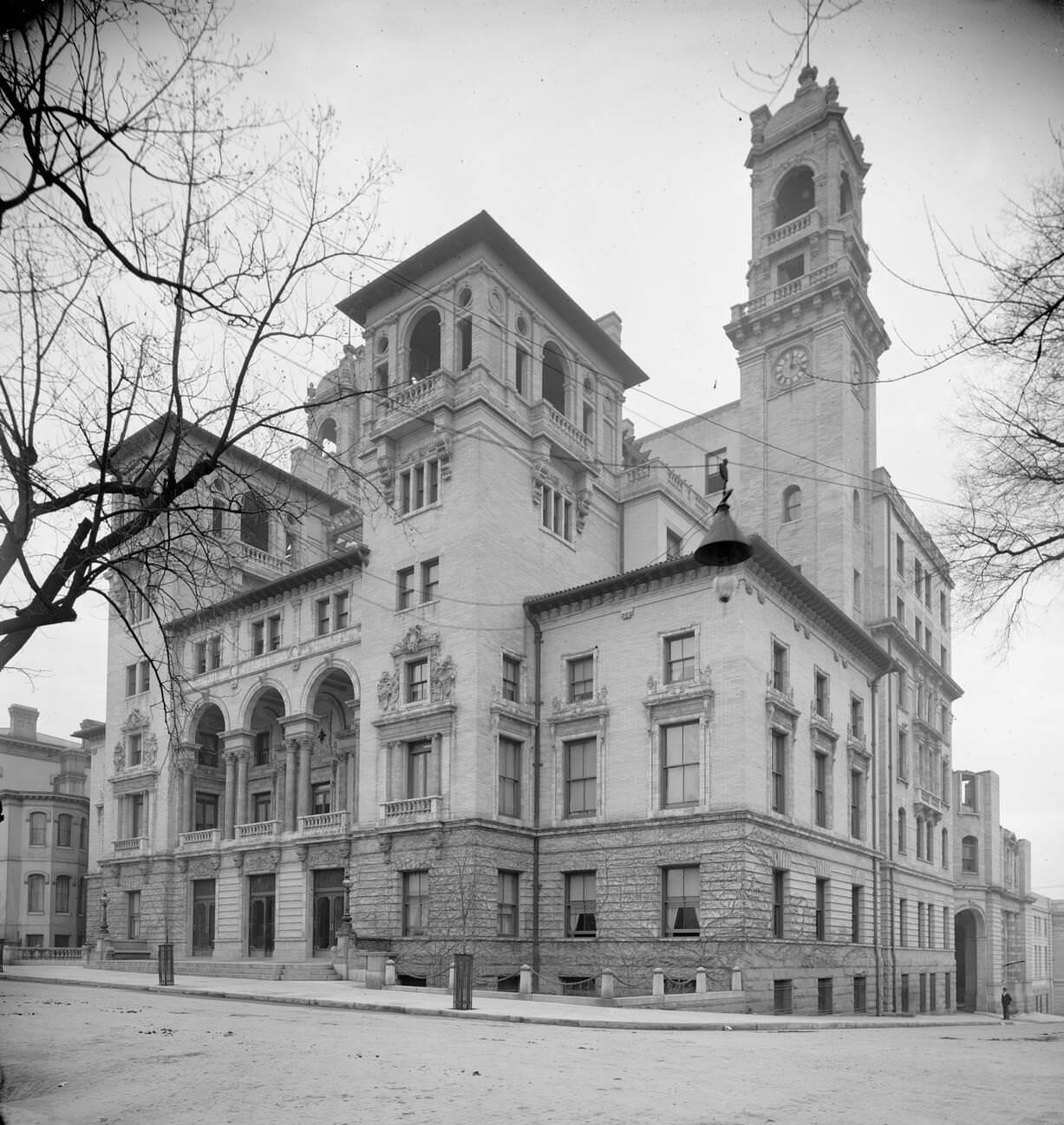
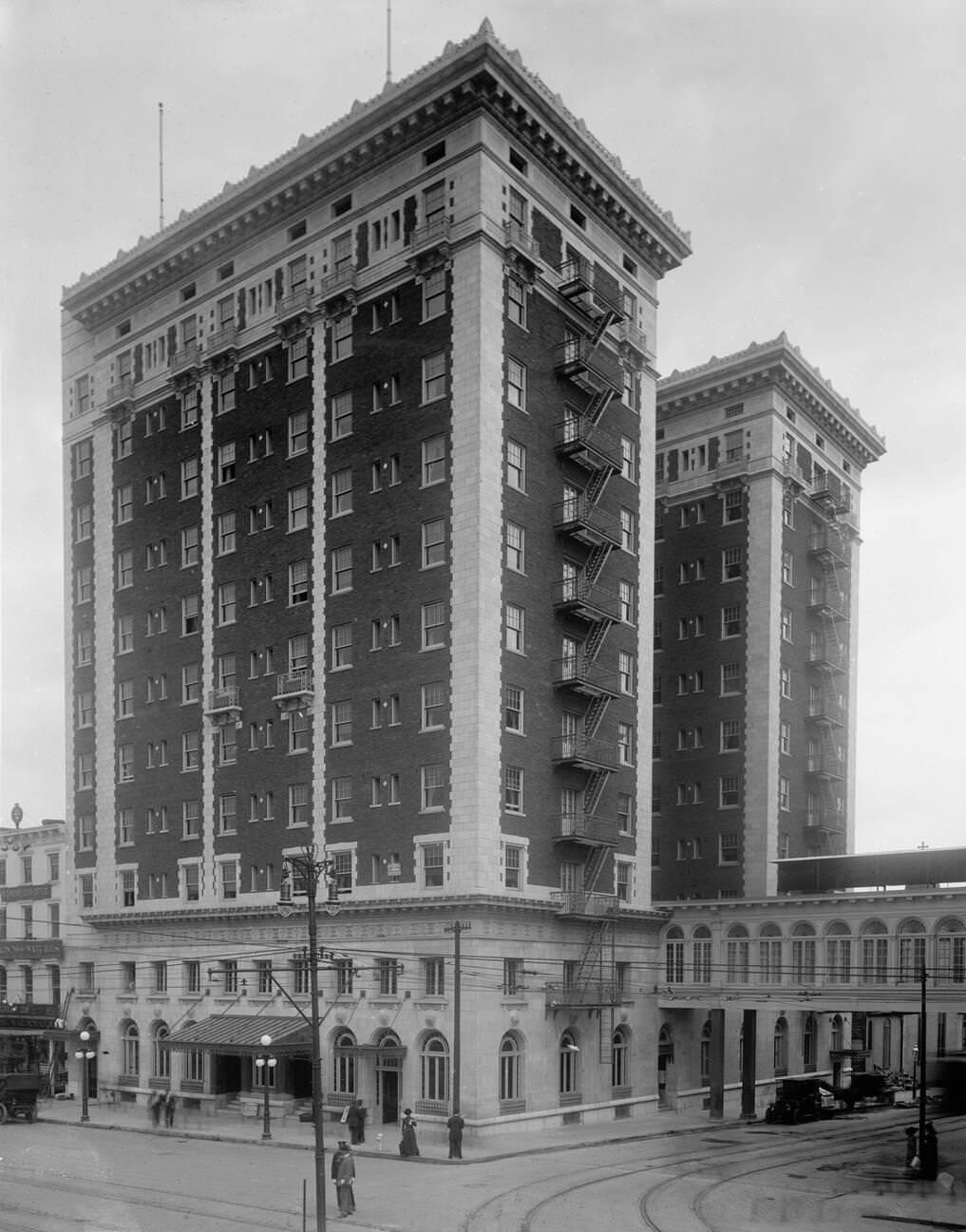
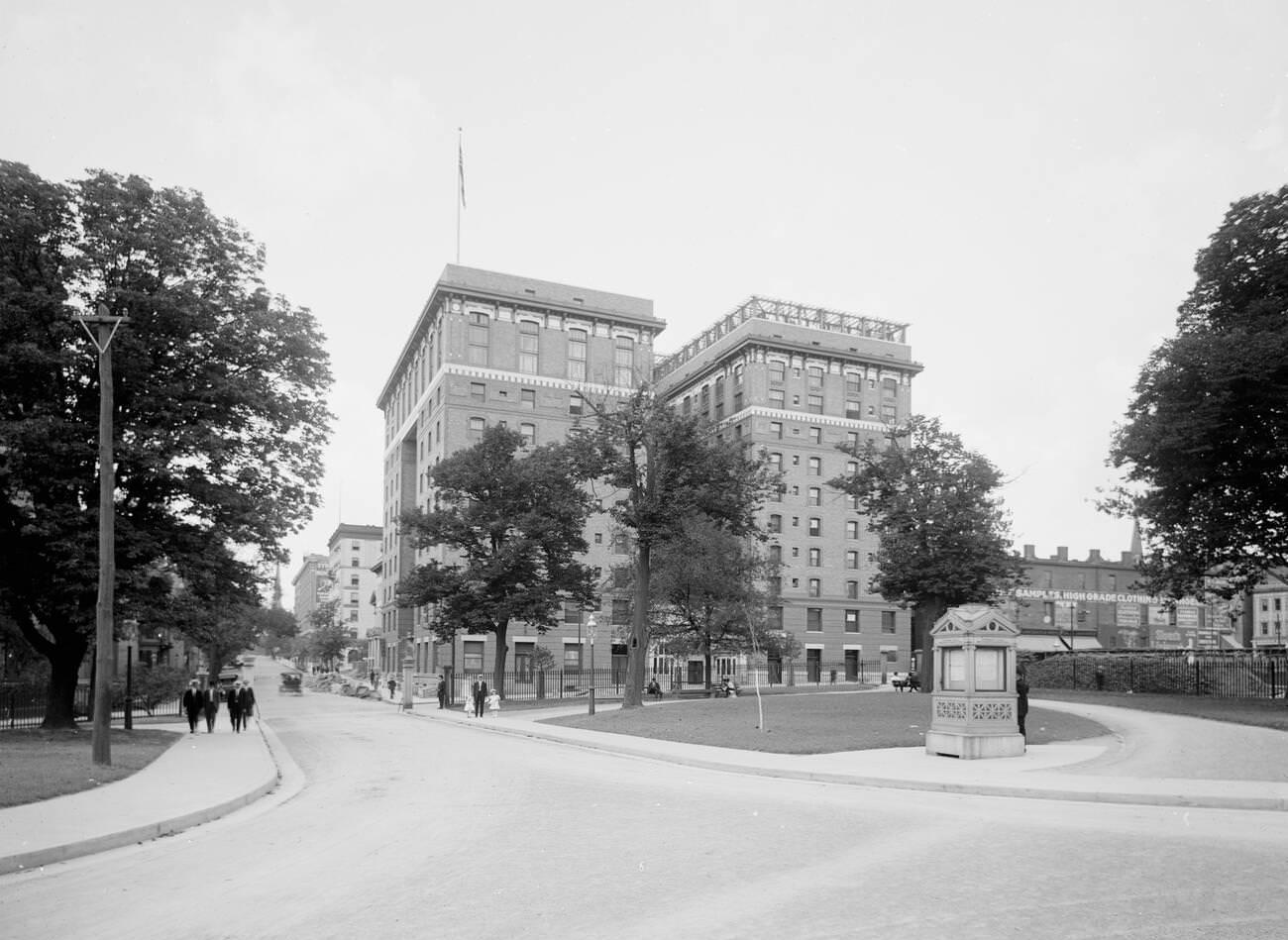
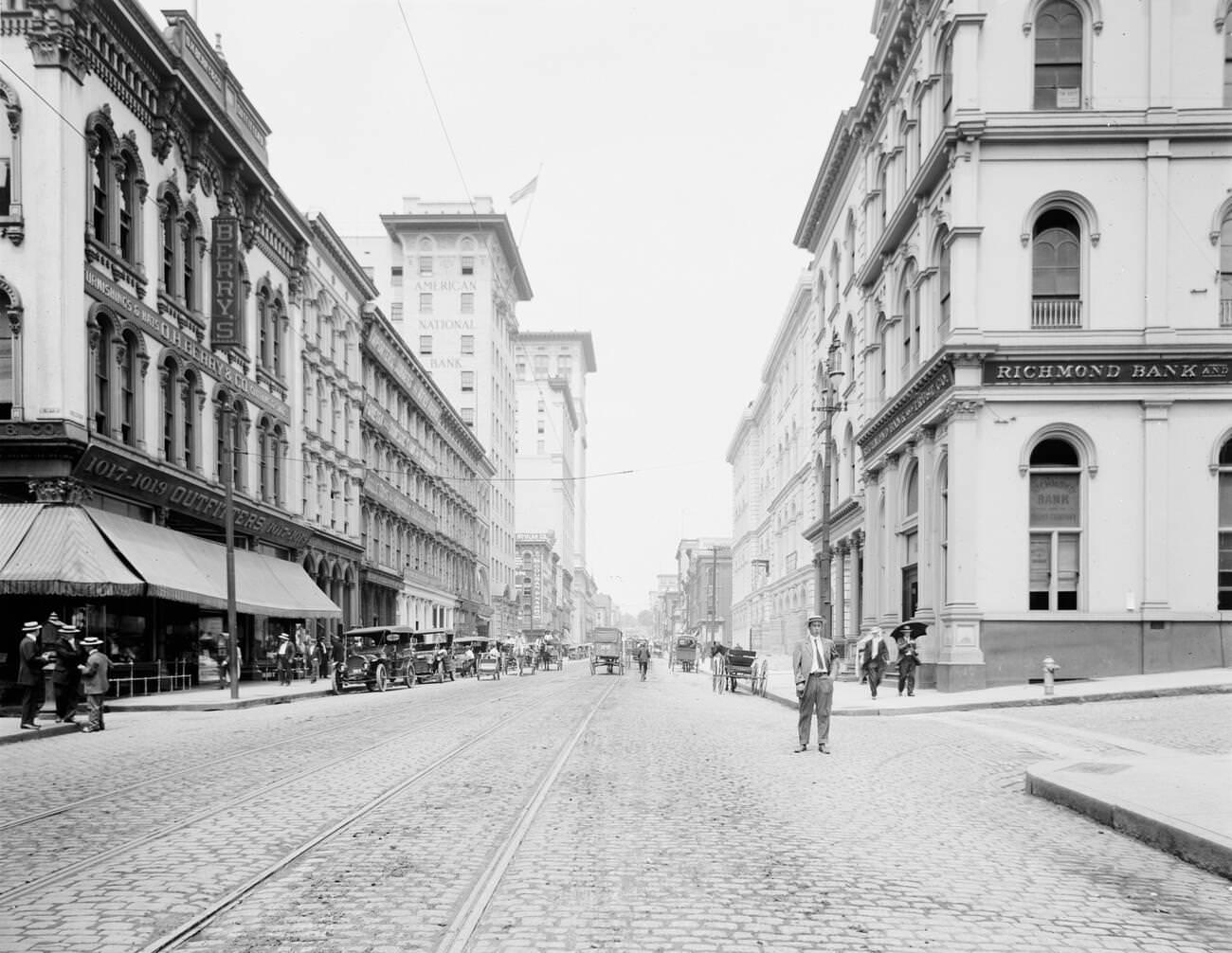
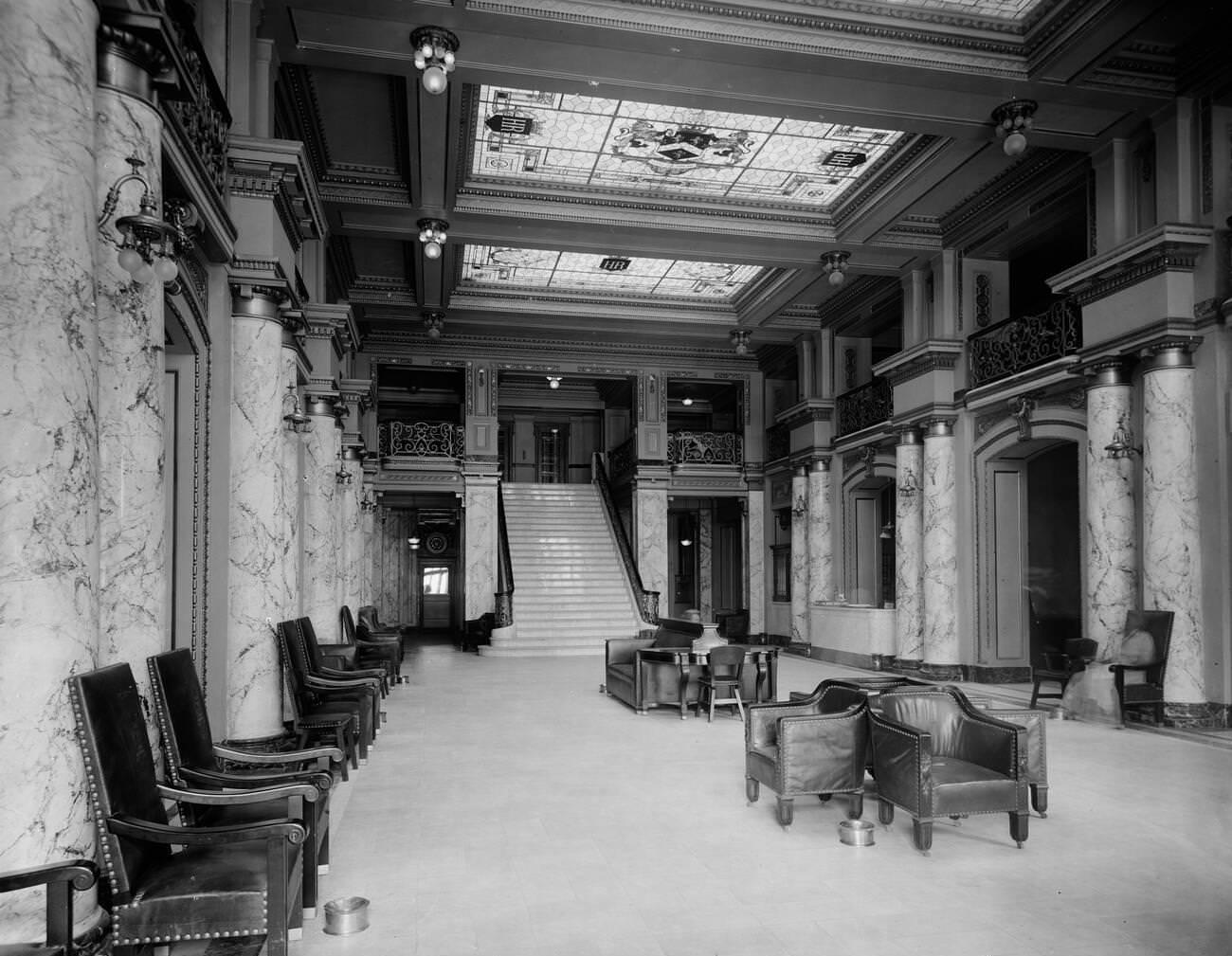
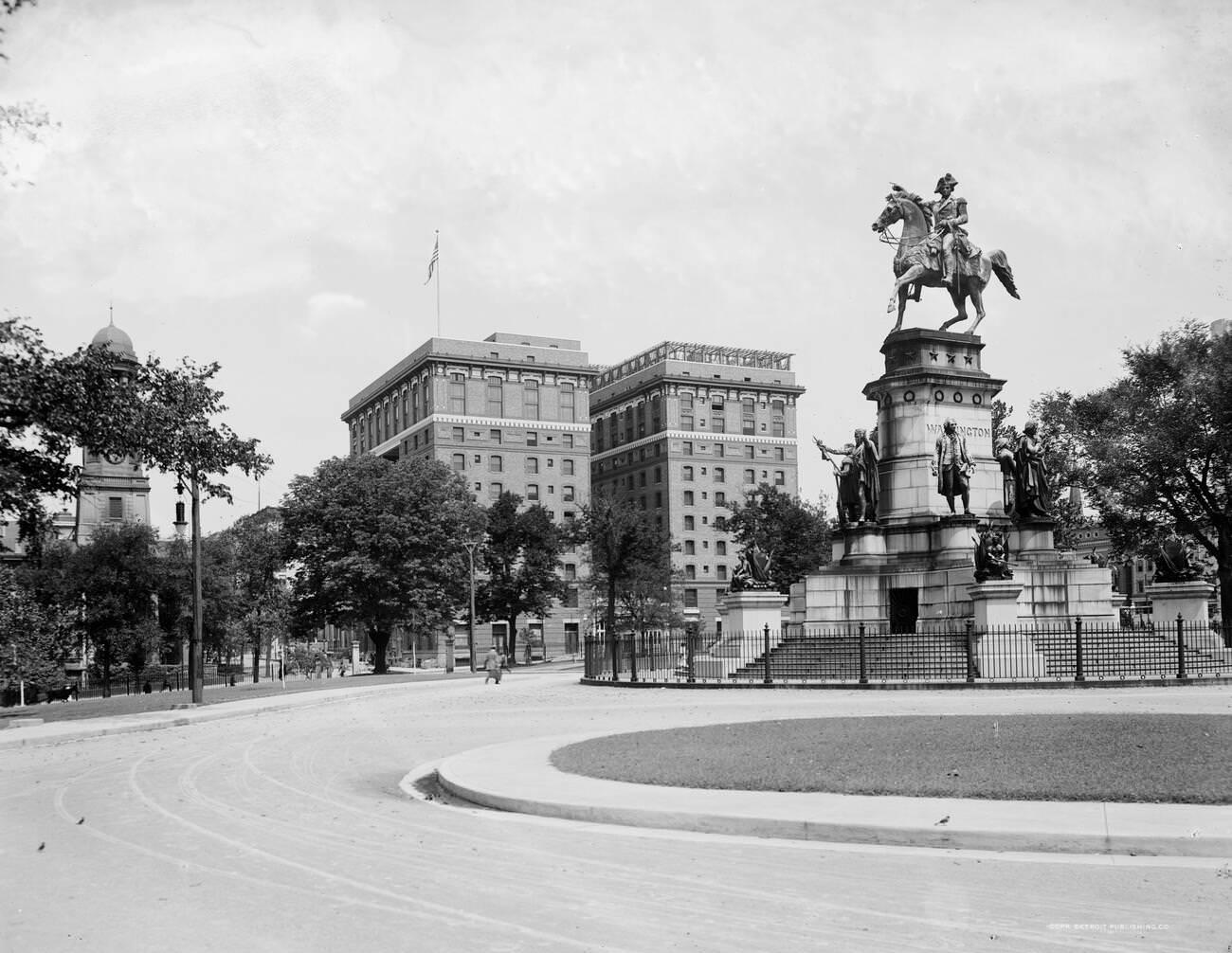
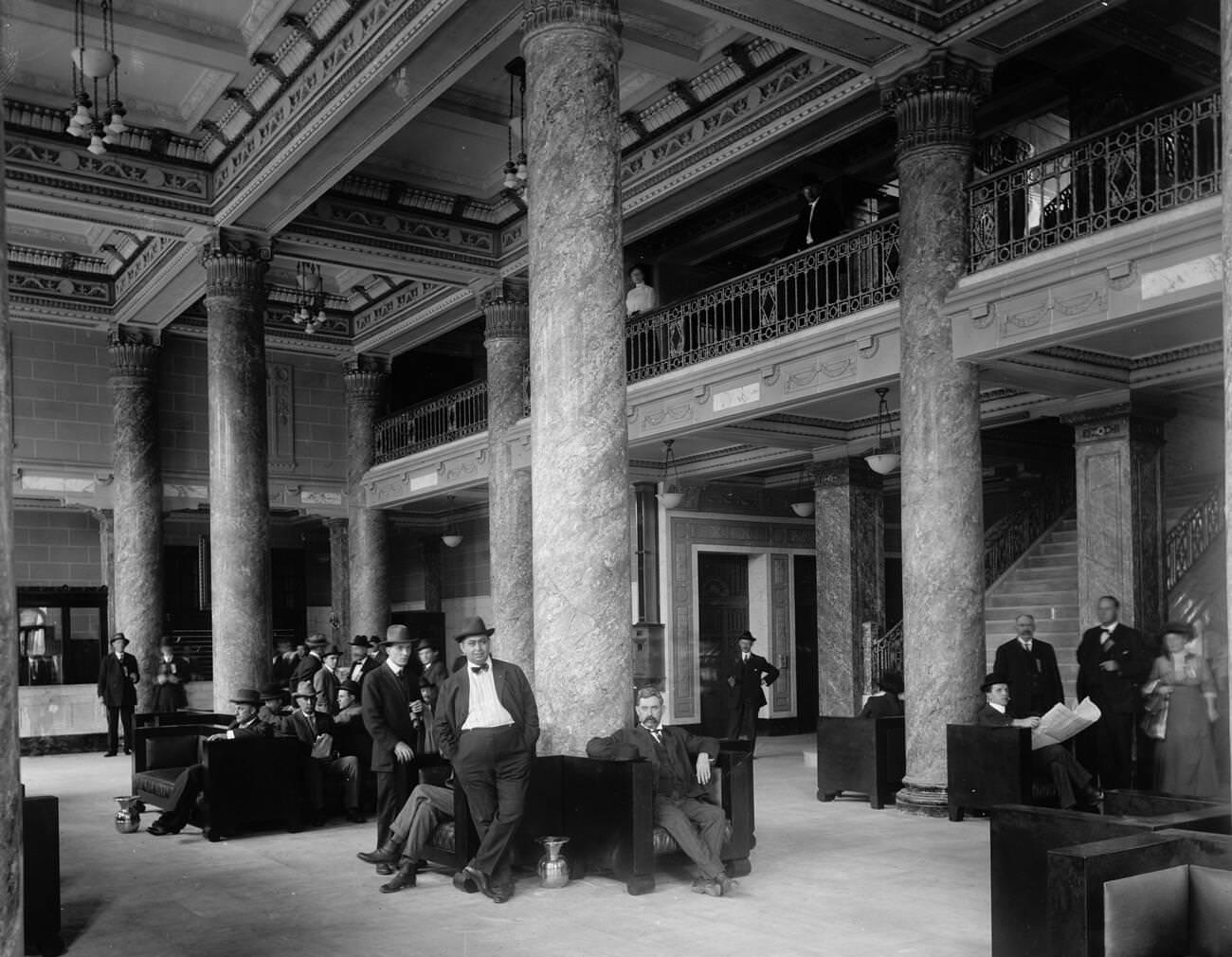
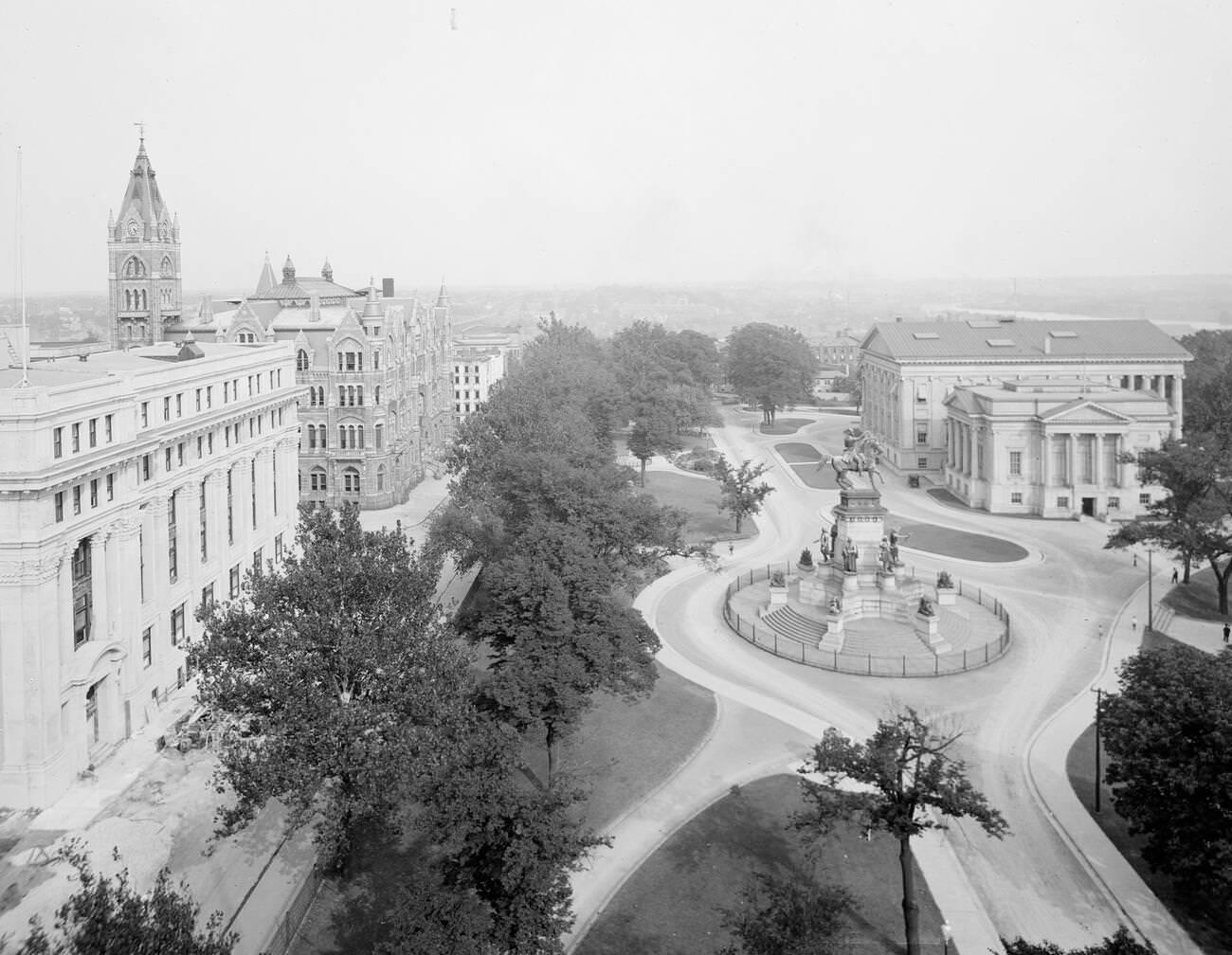
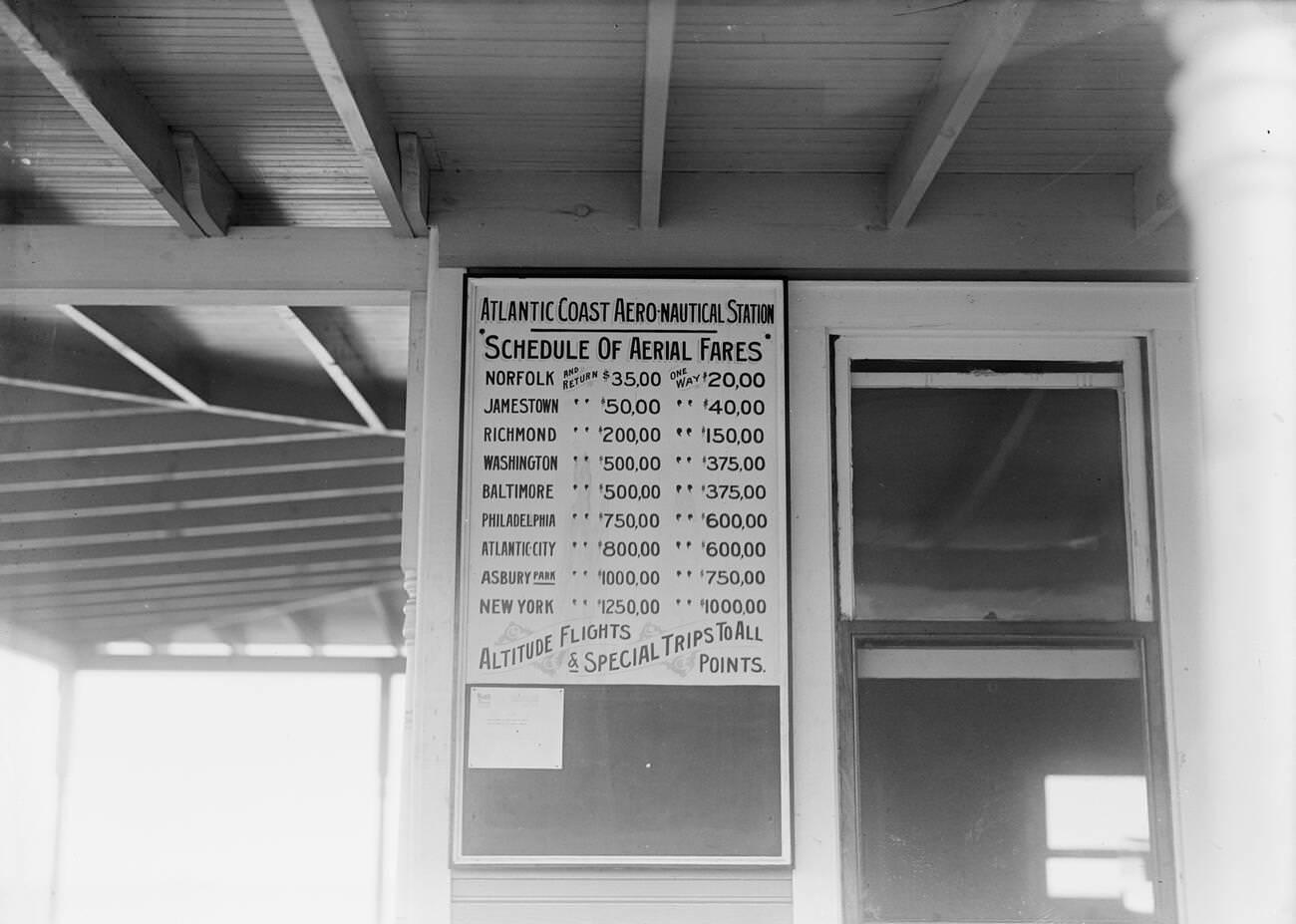
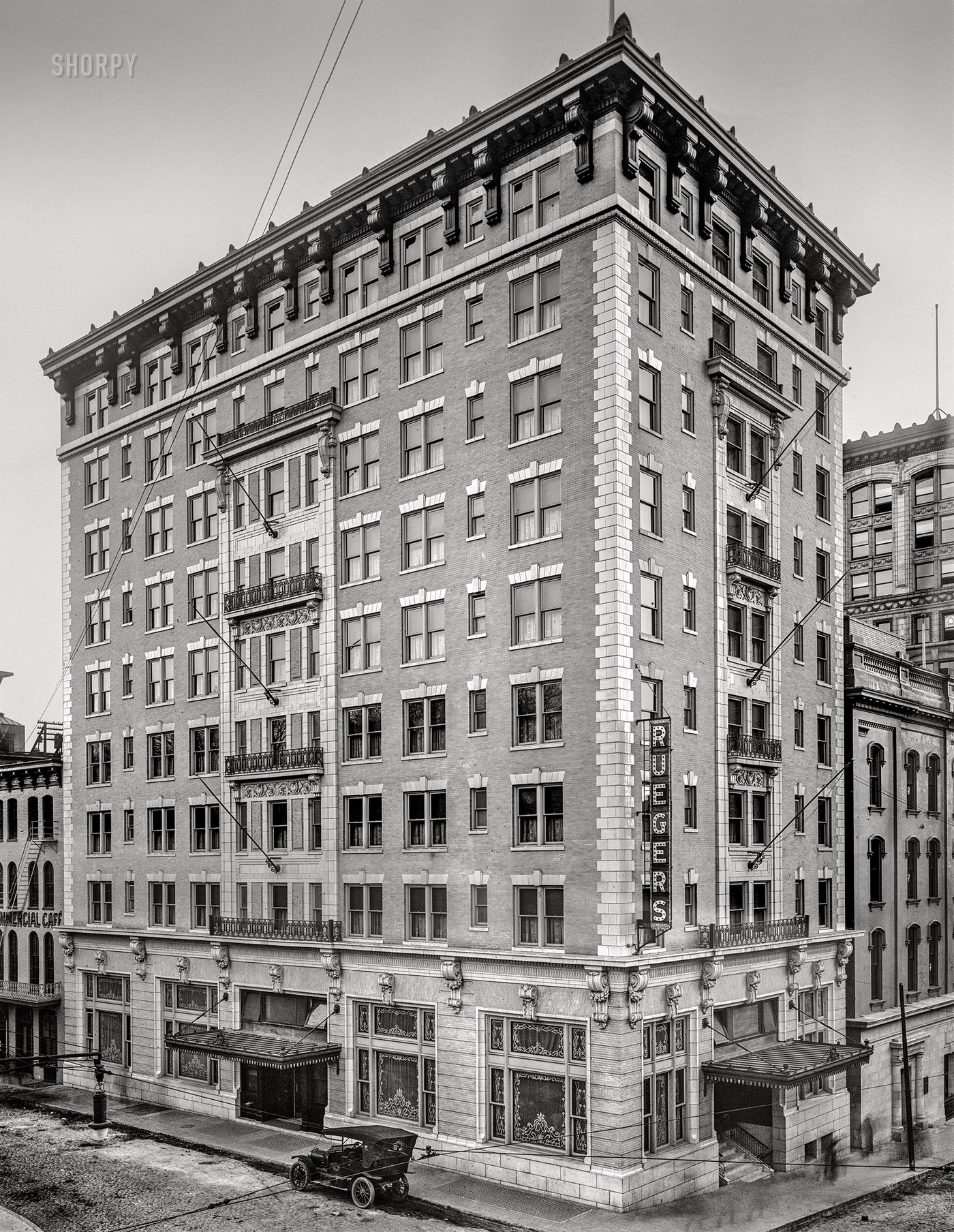
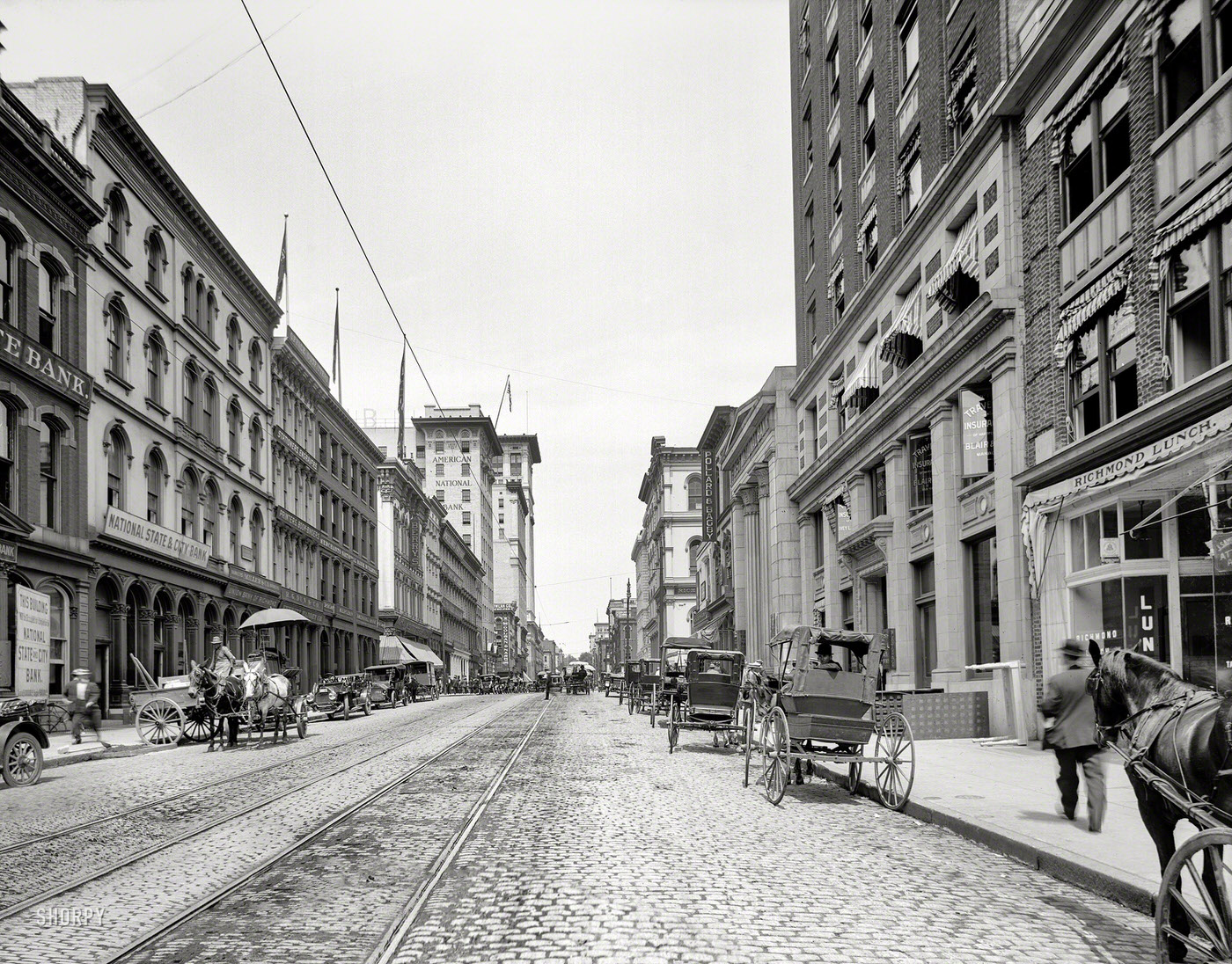
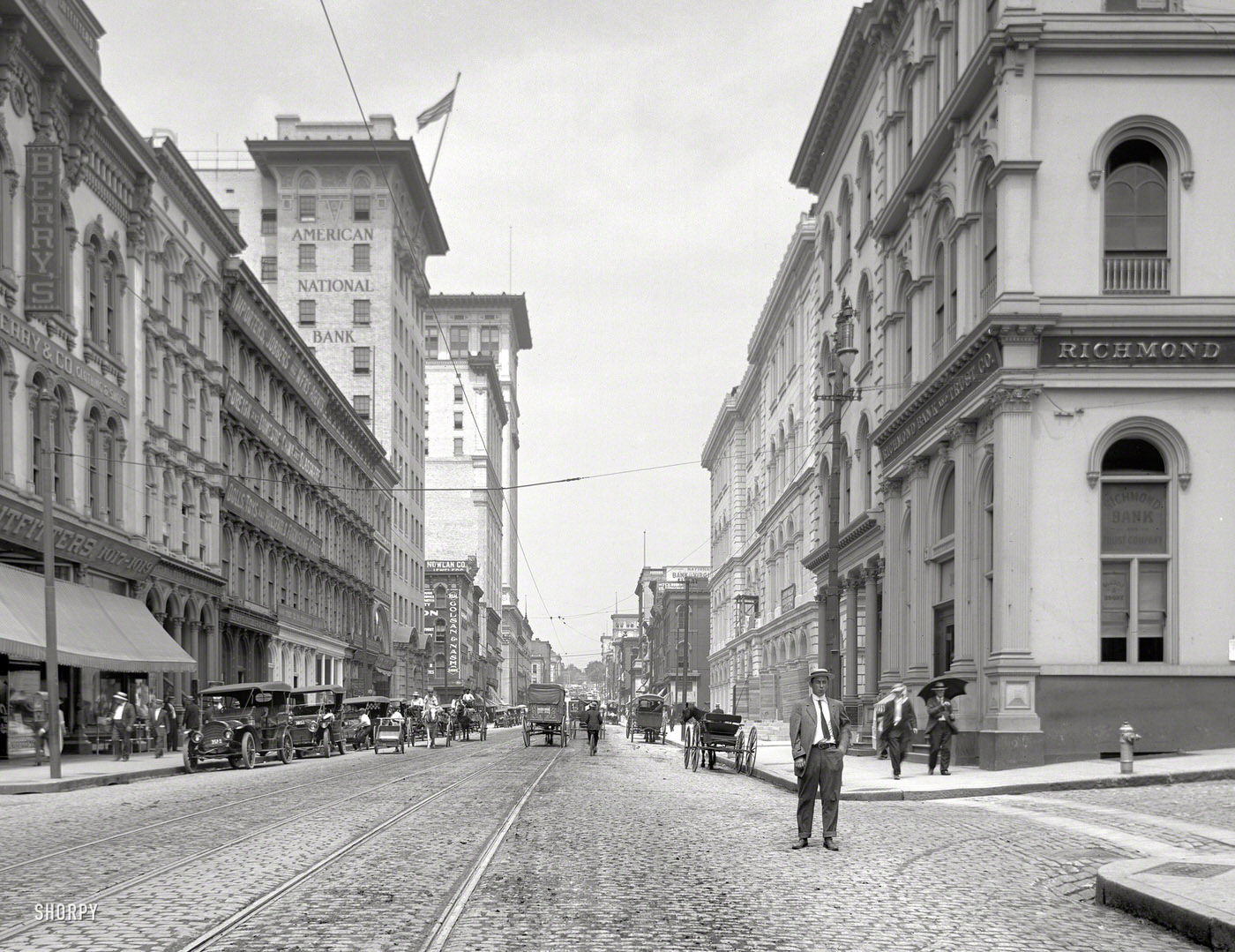
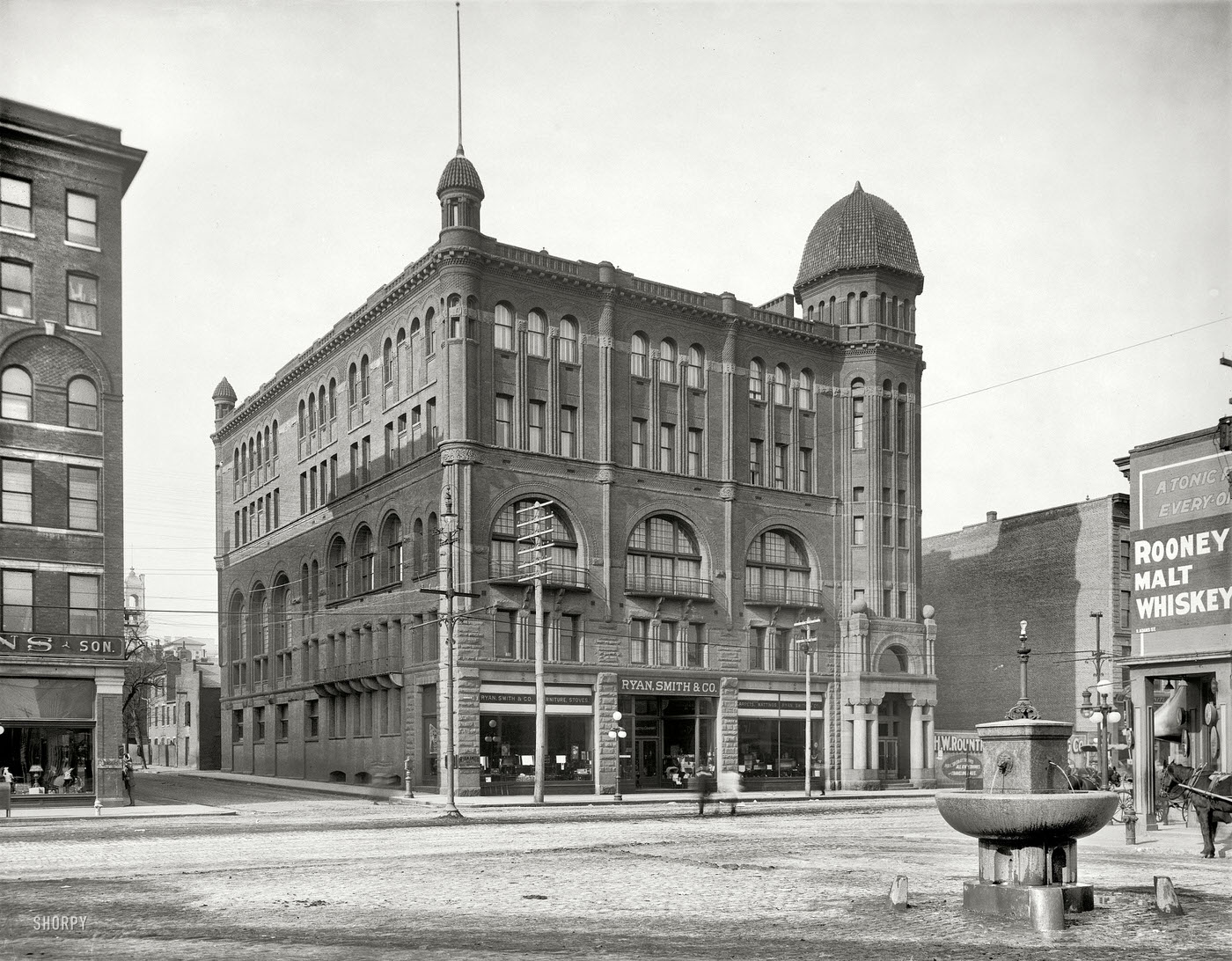
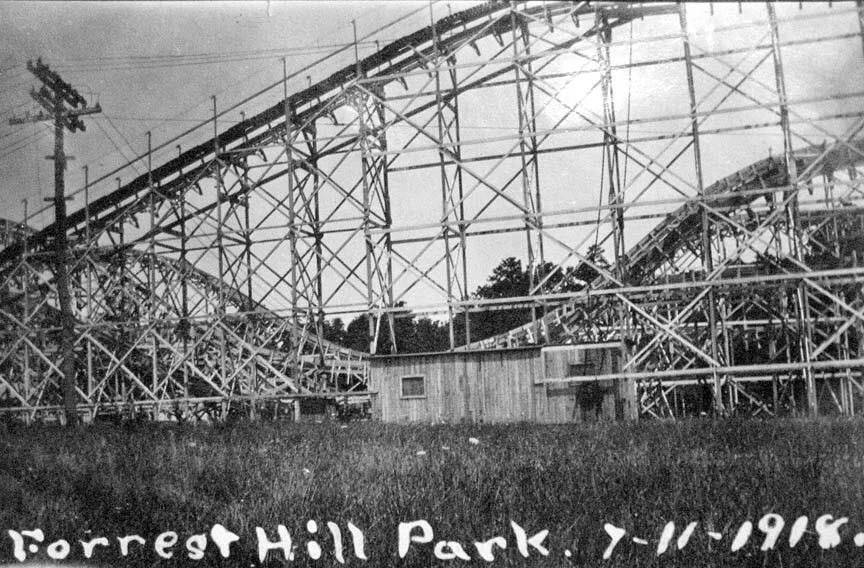
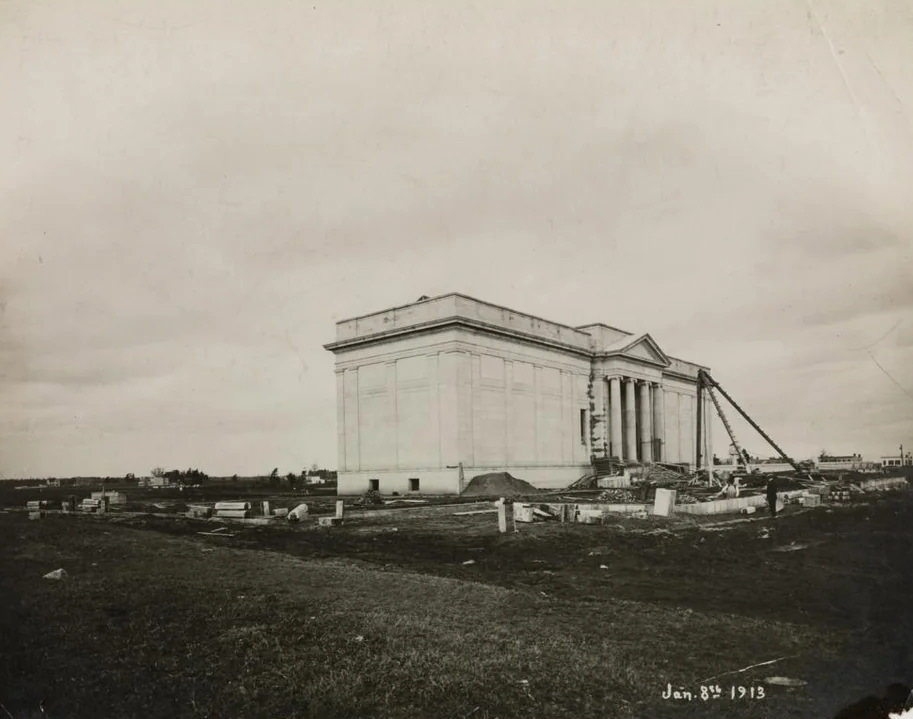
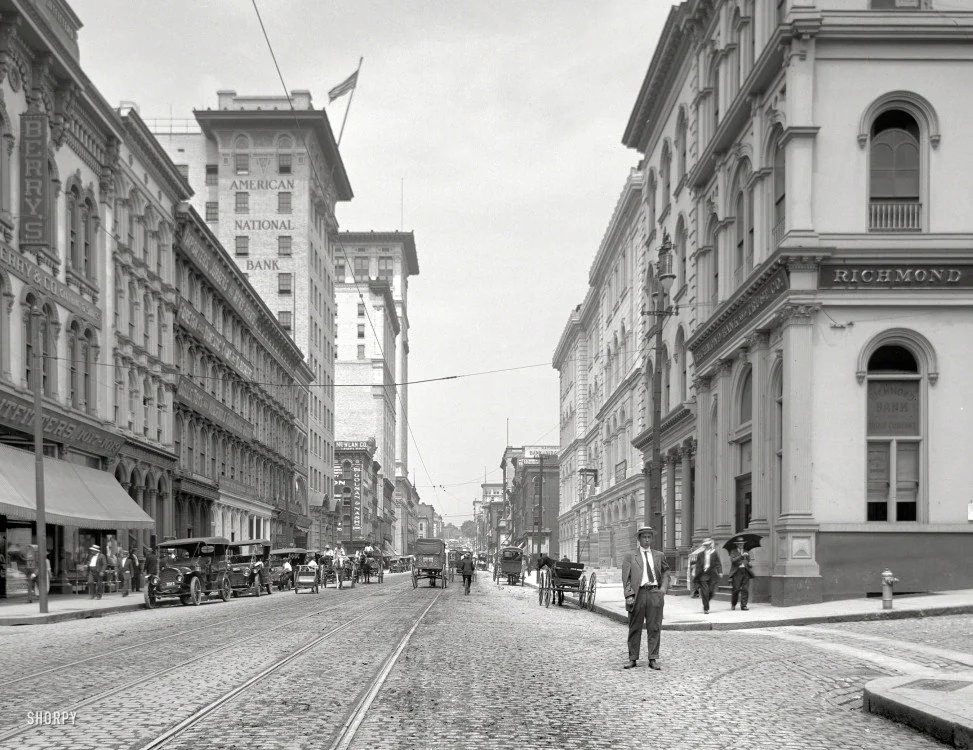
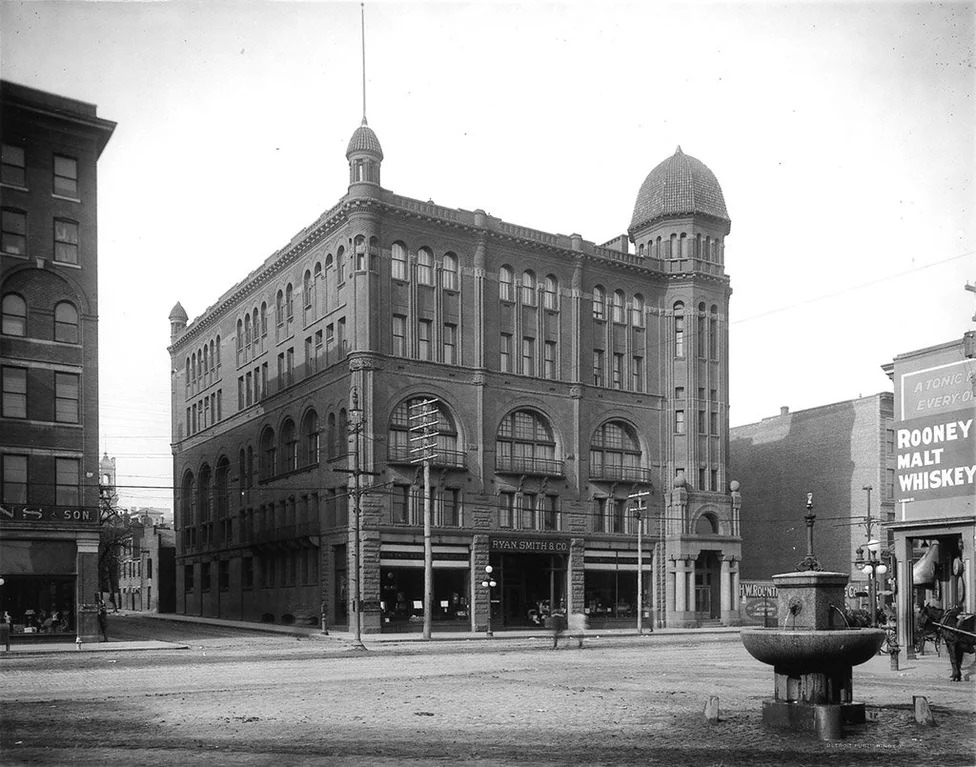
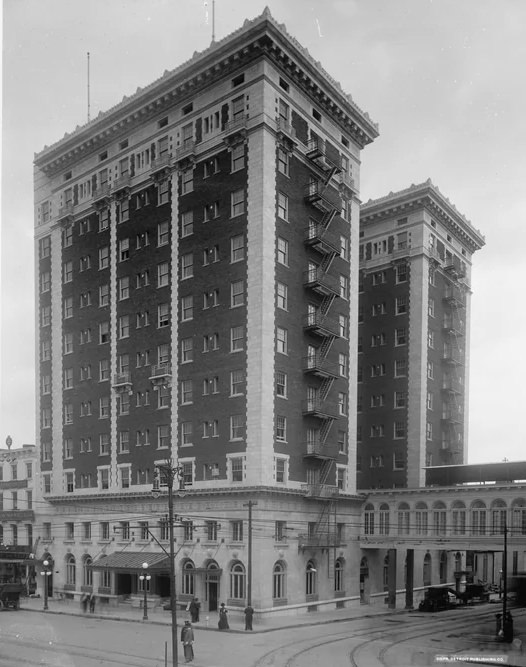
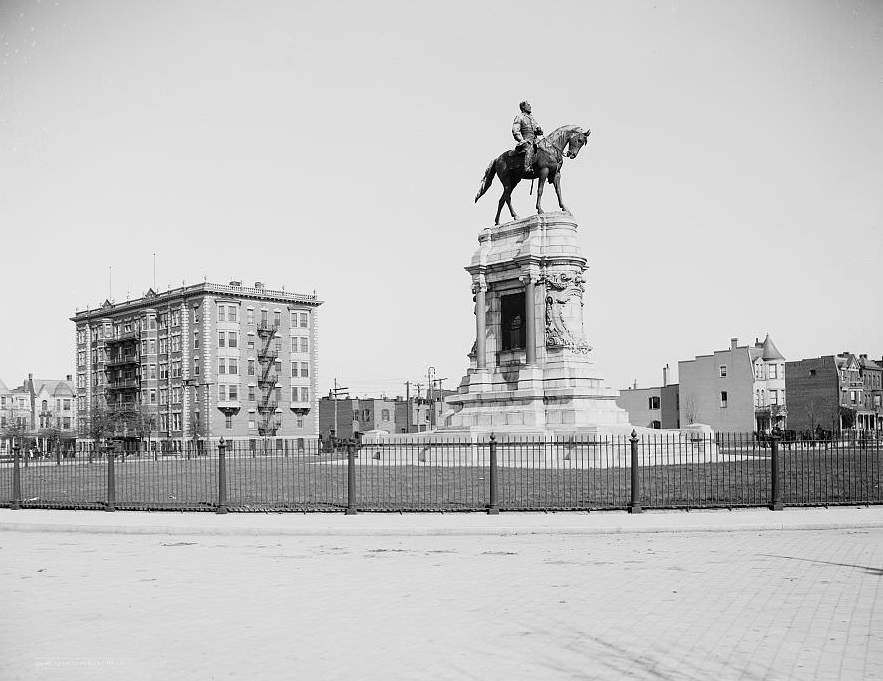
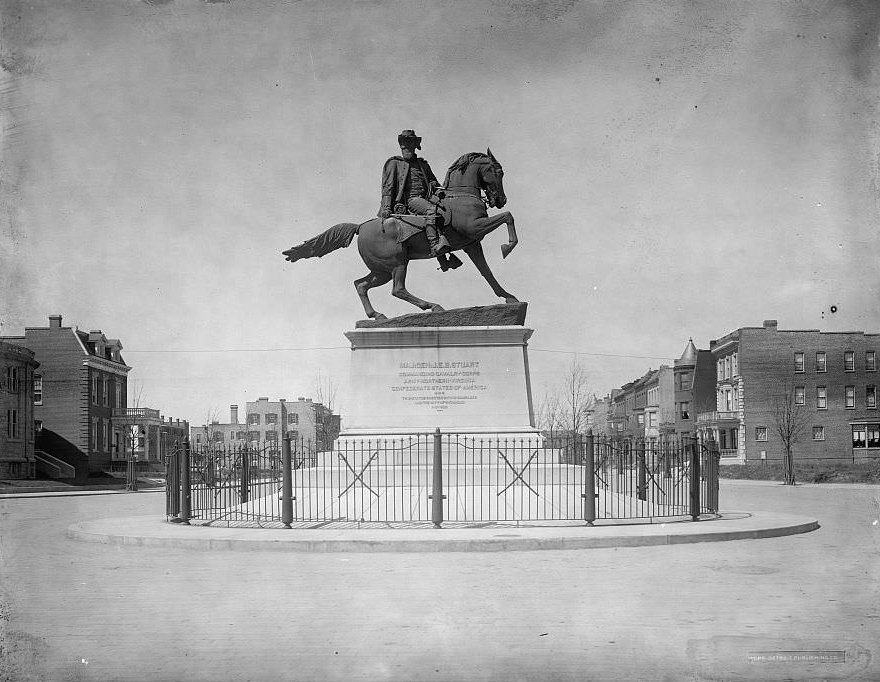

Looks like there used to be a lot more monuments on Monument Ave.
Imagine seeing barefooted 5 years running around seeking stuff on the streets in 2023.
Sad to see the trolleys gone.